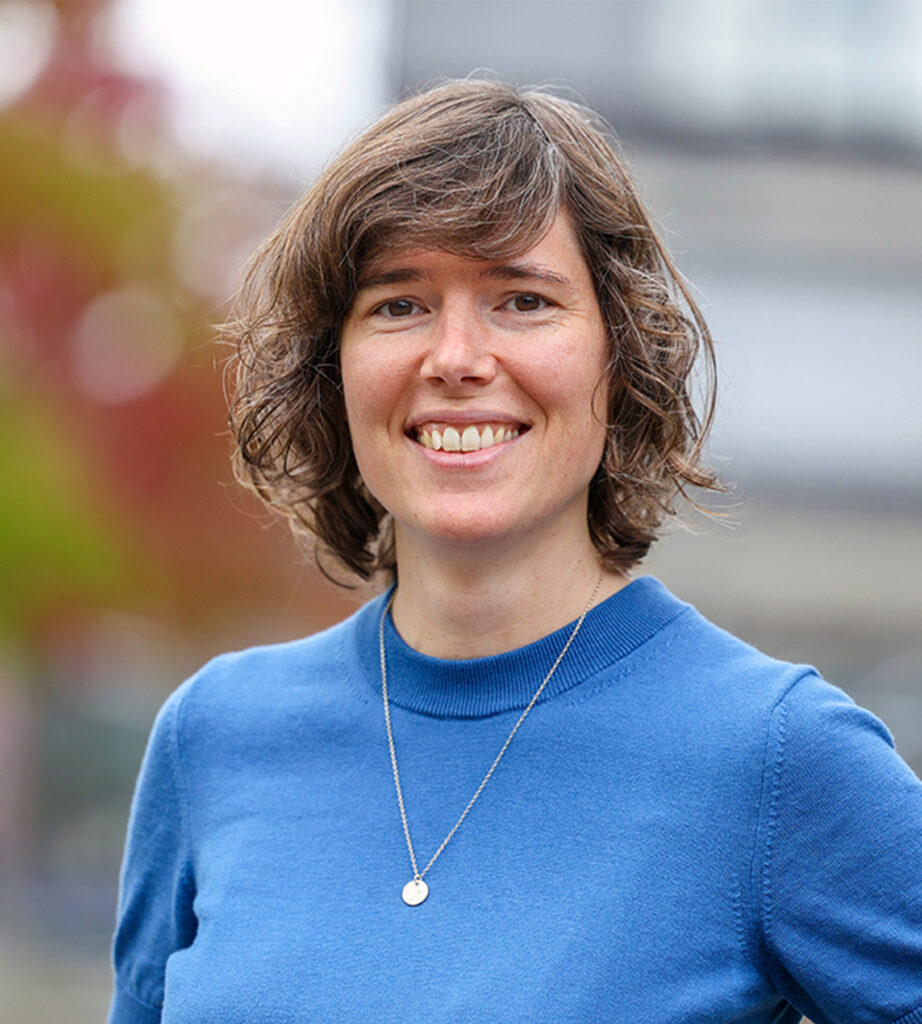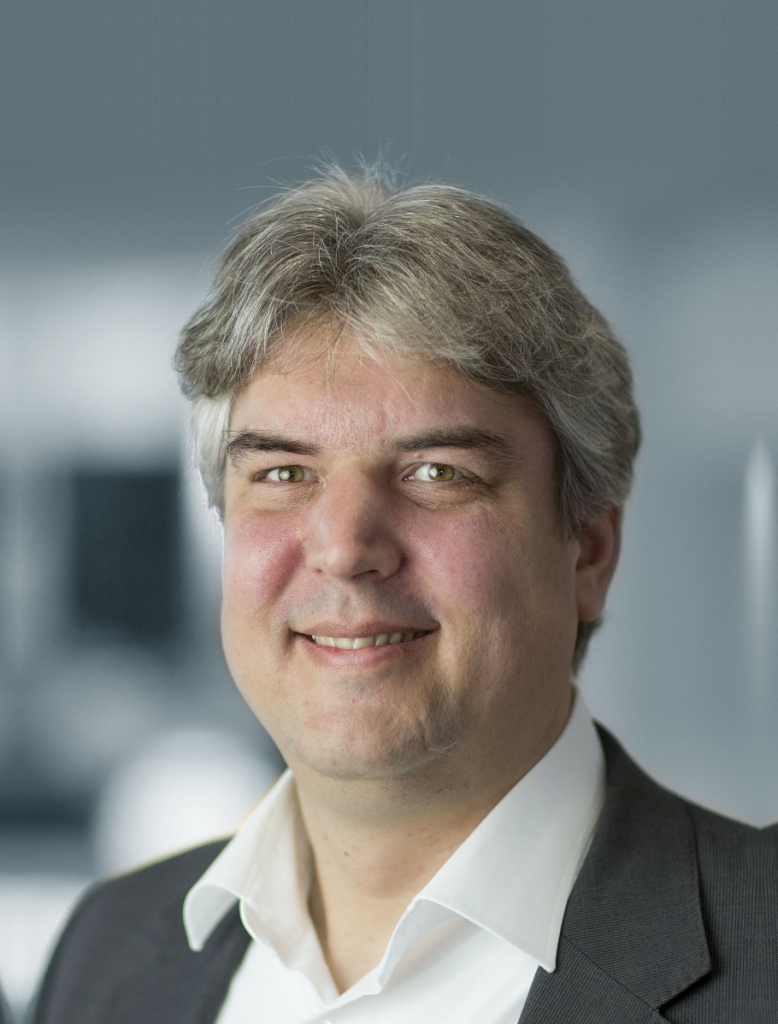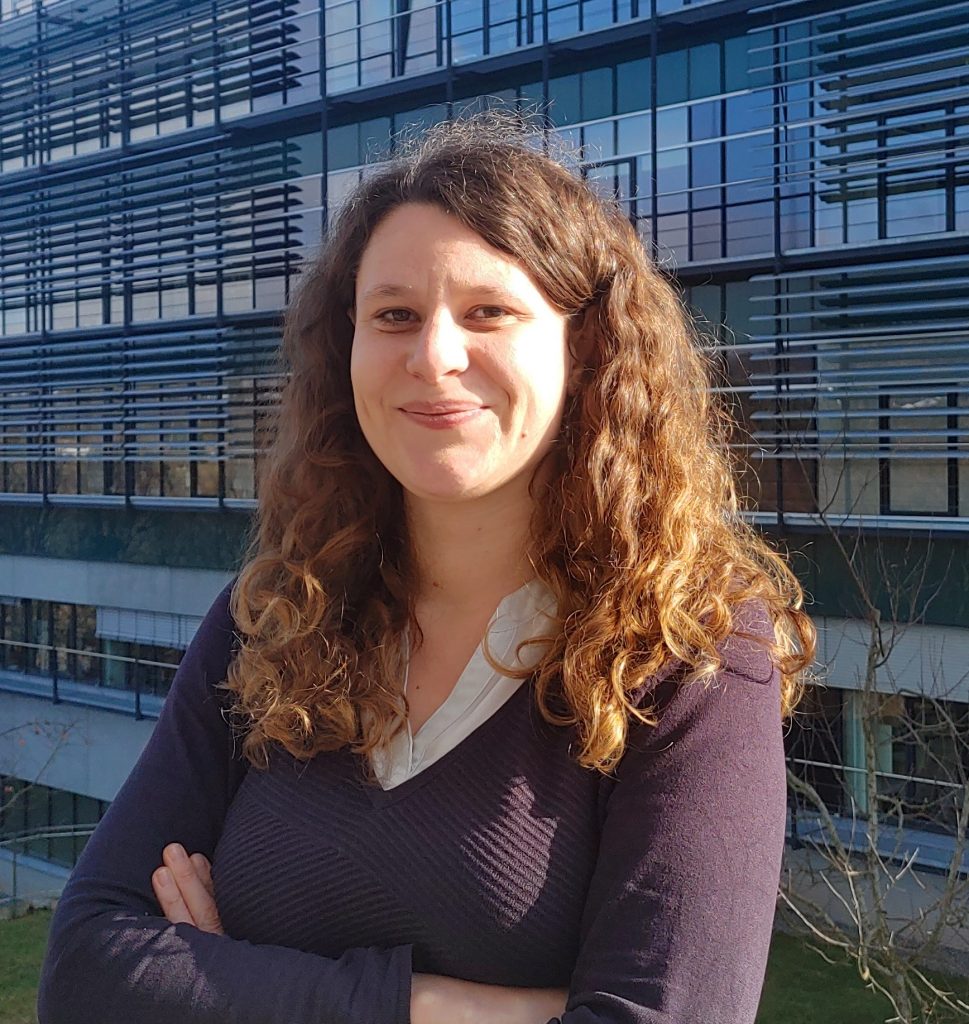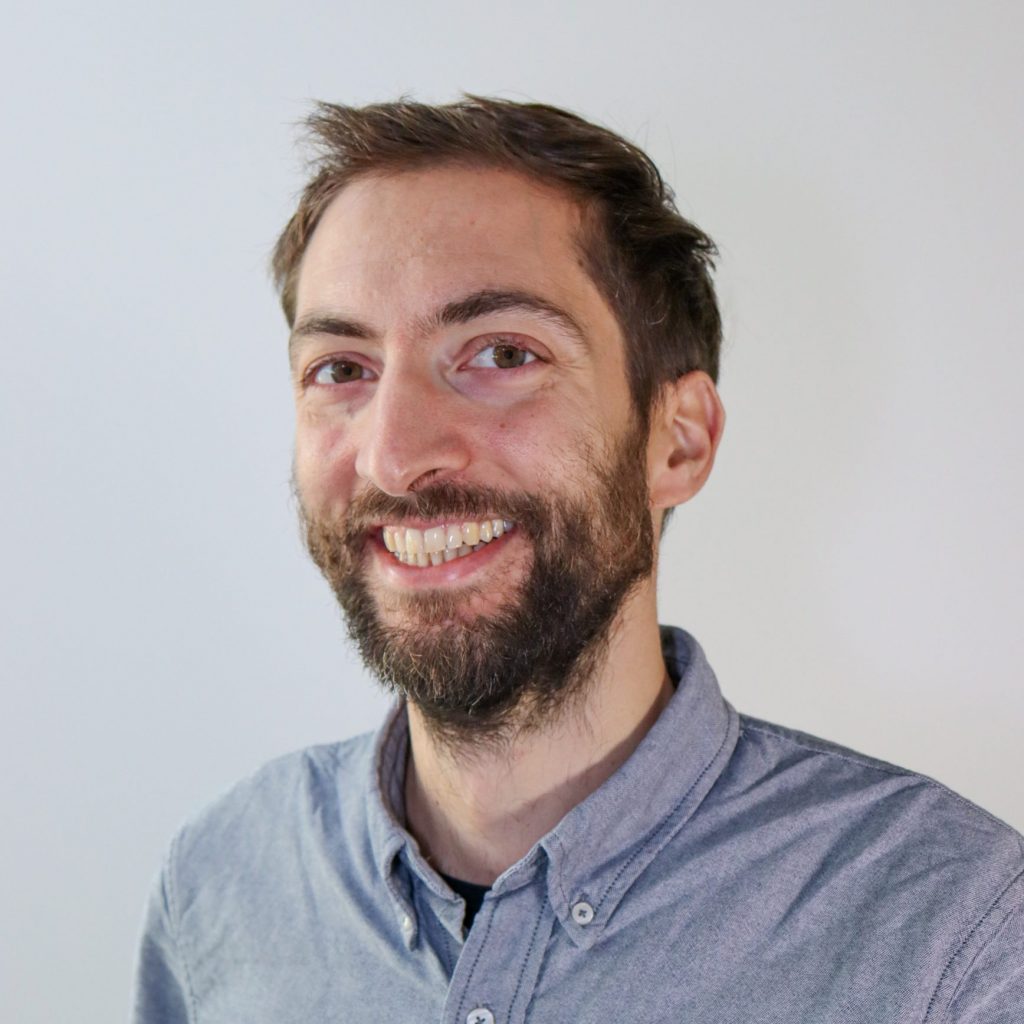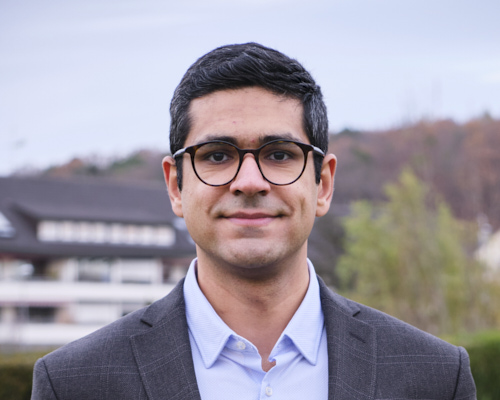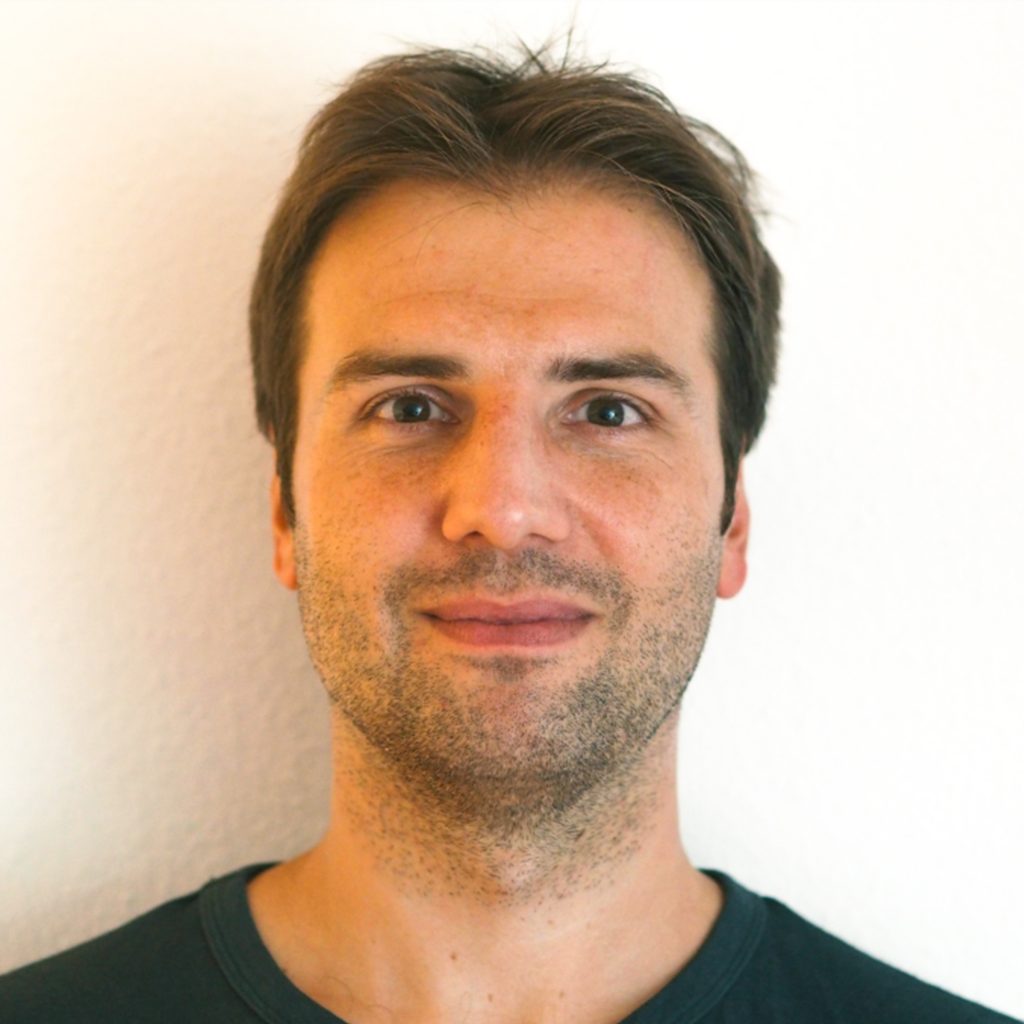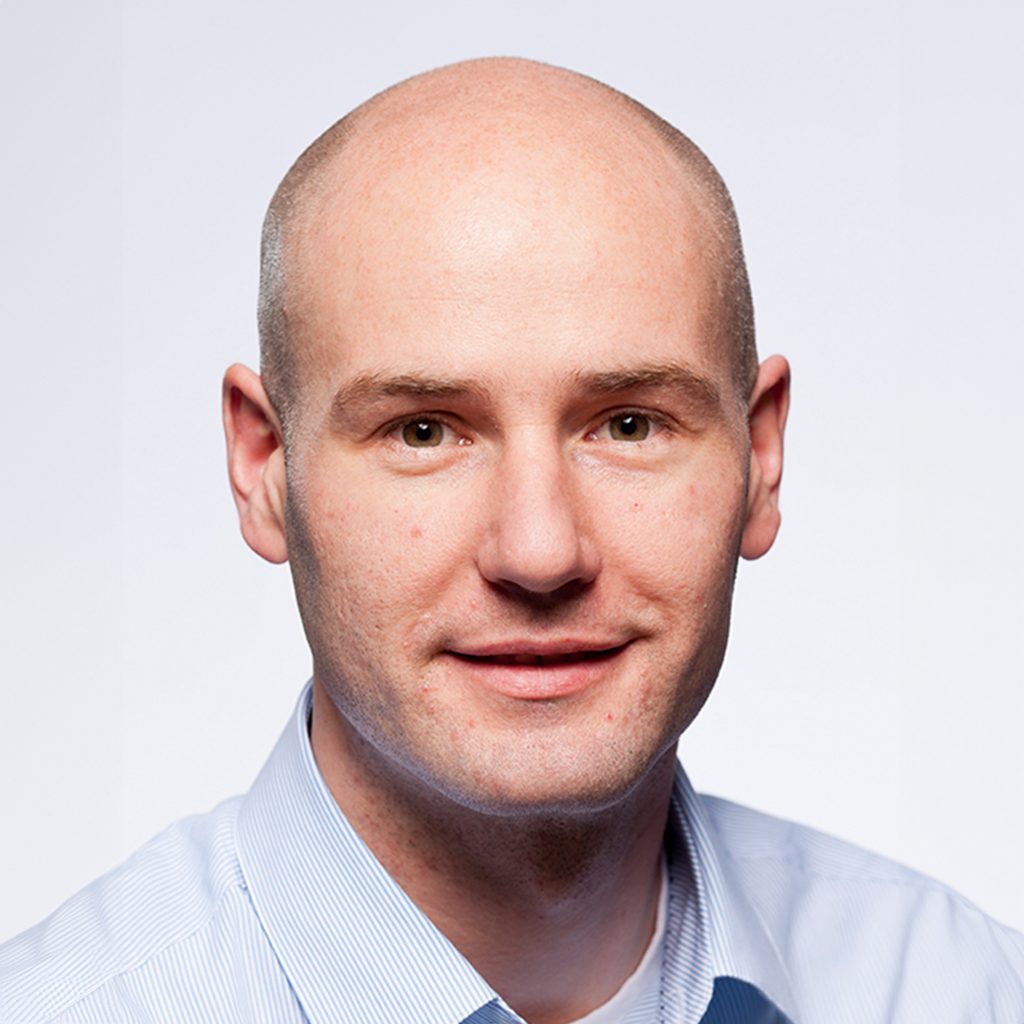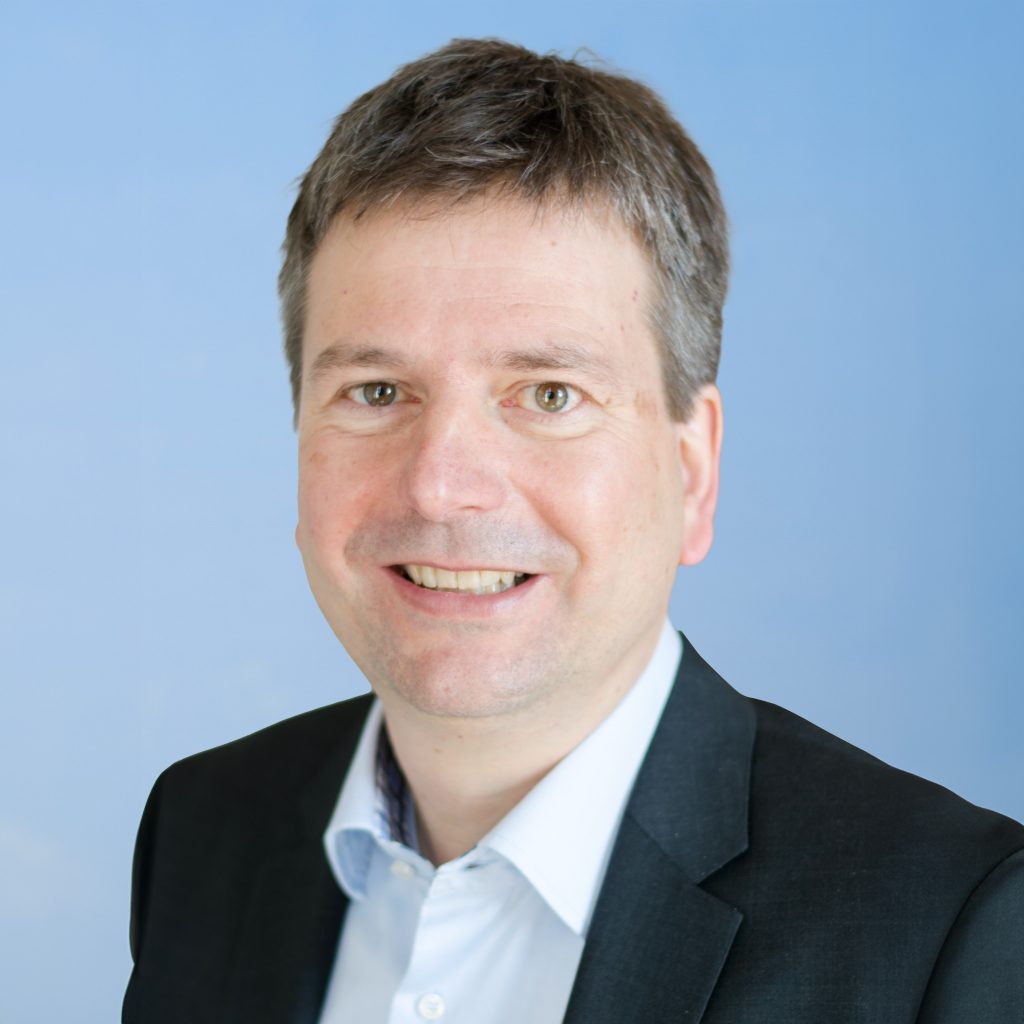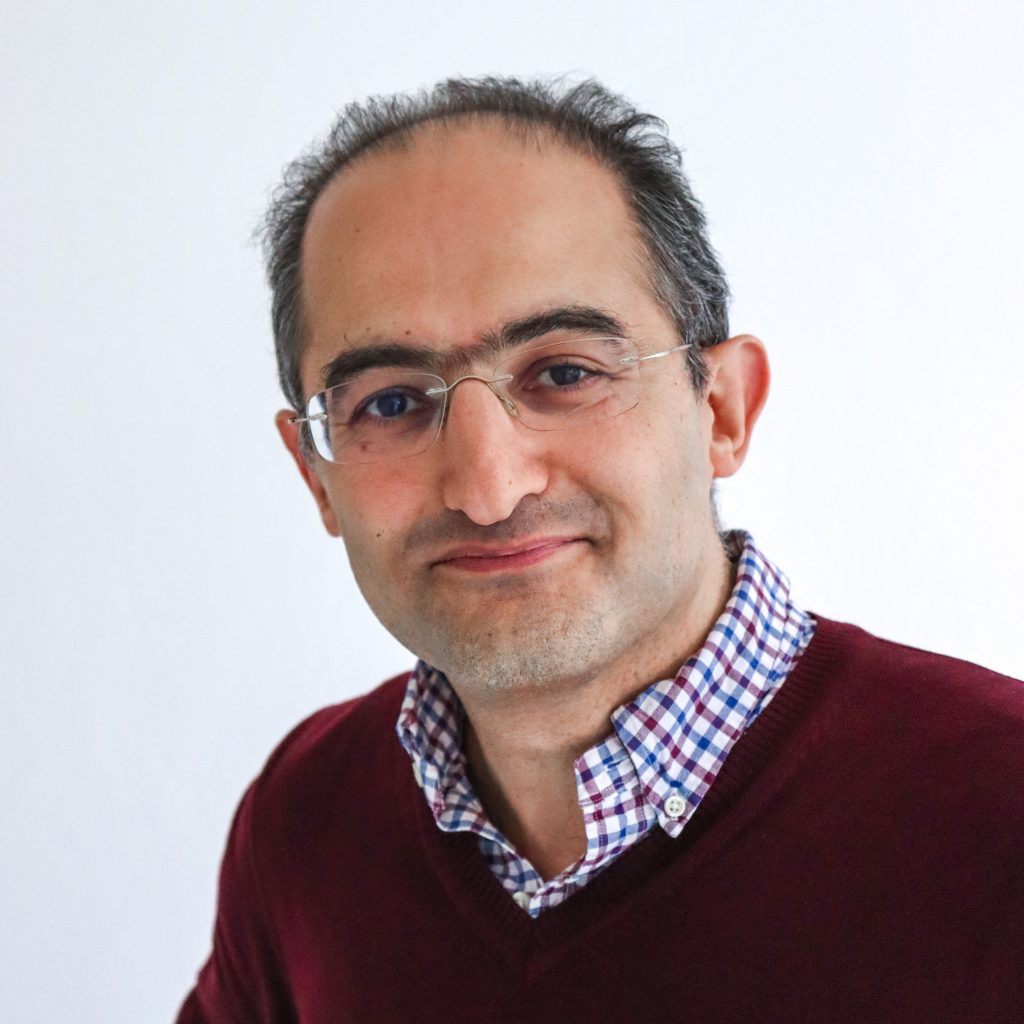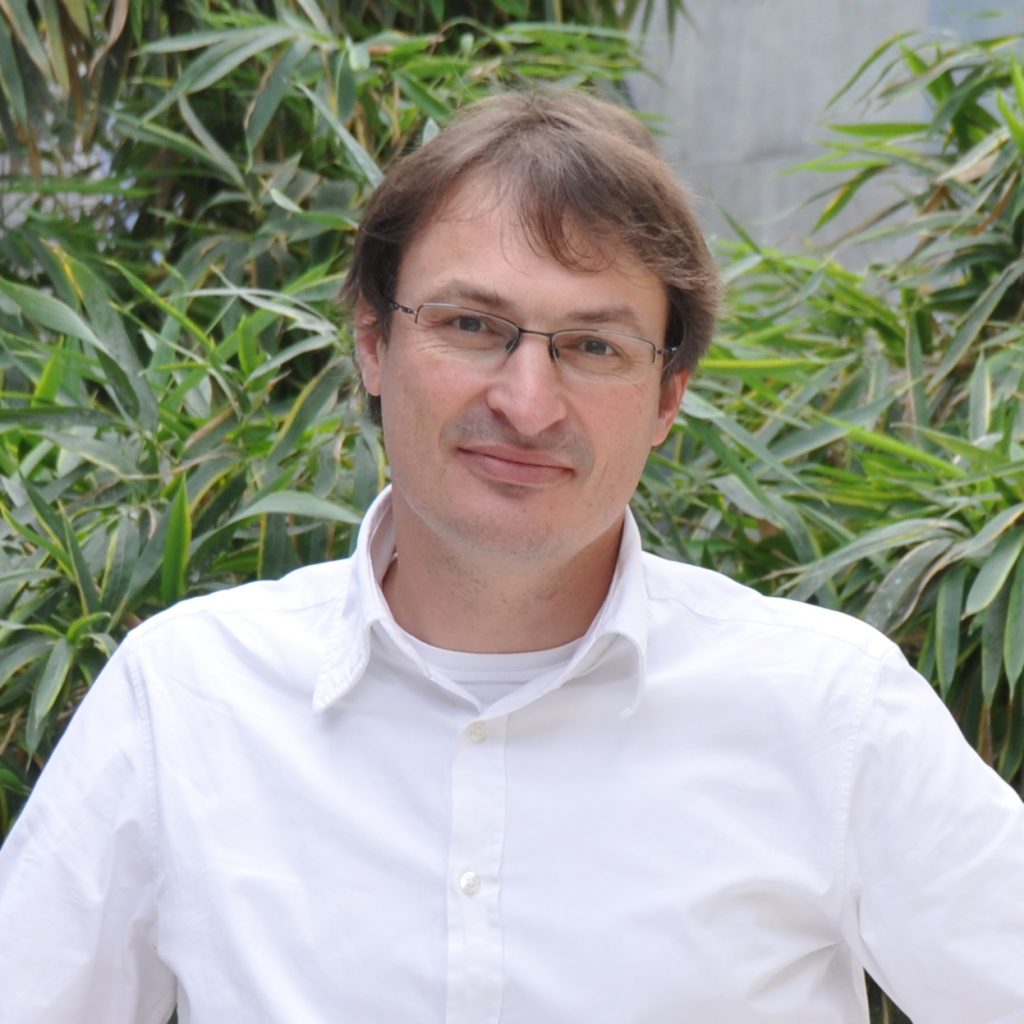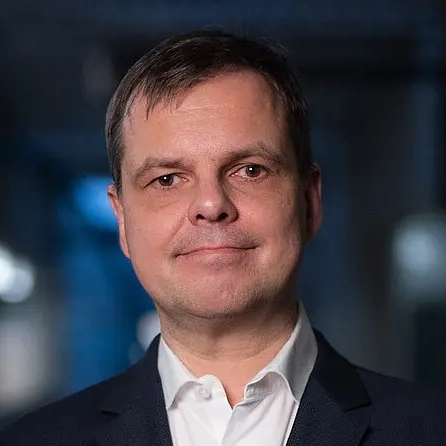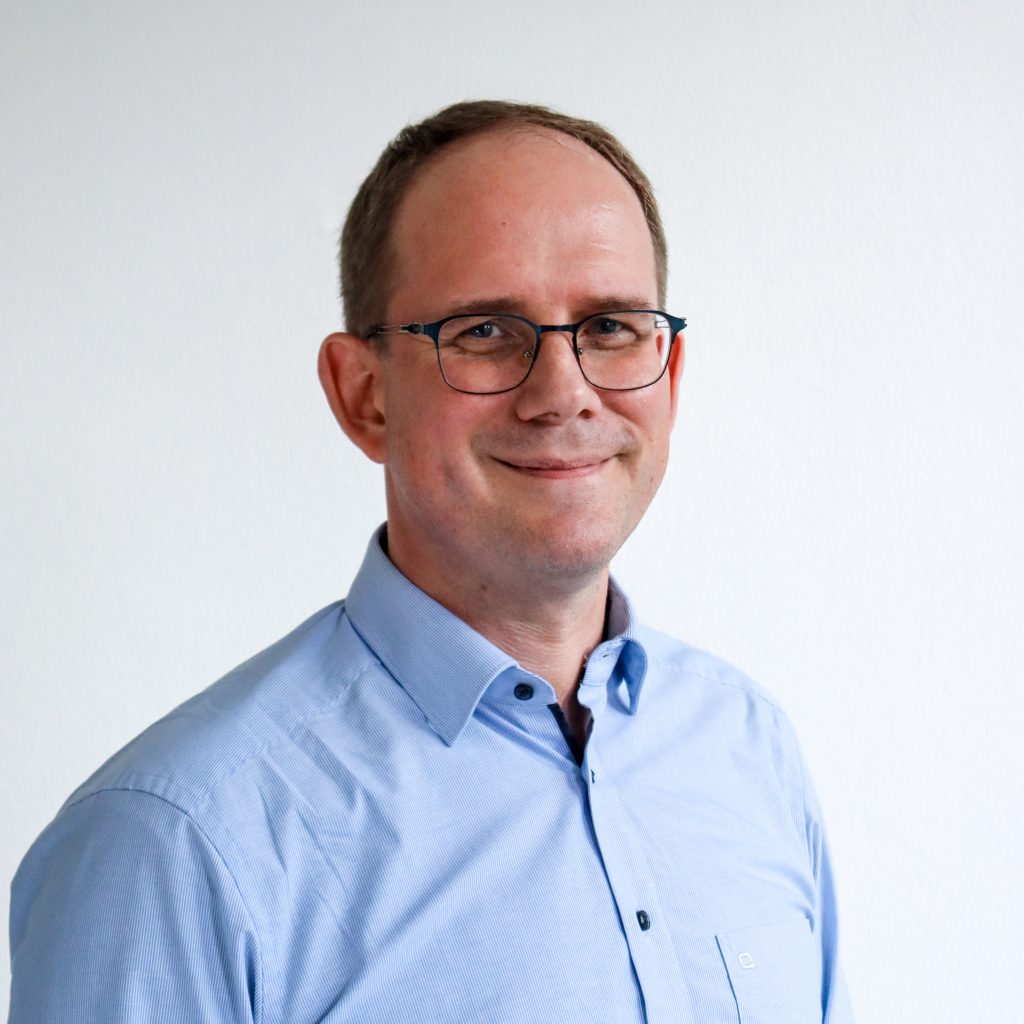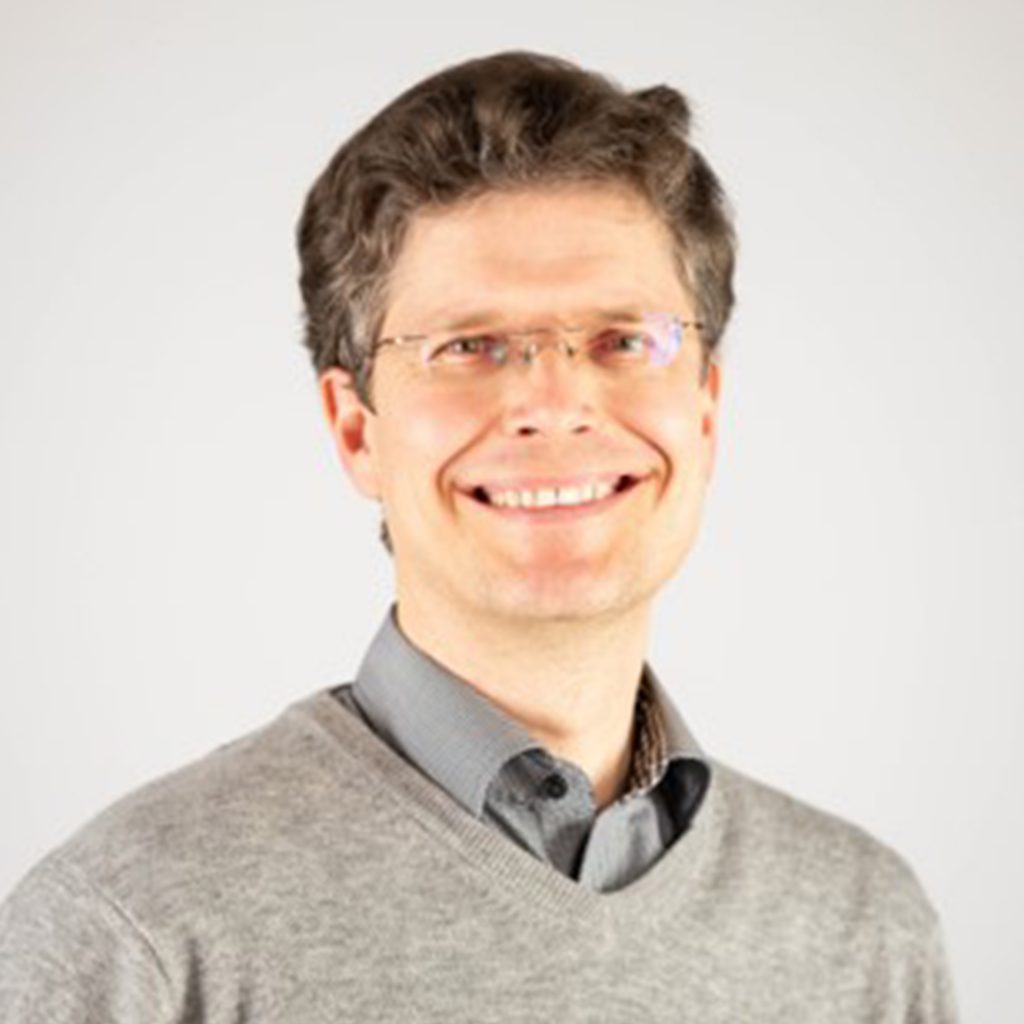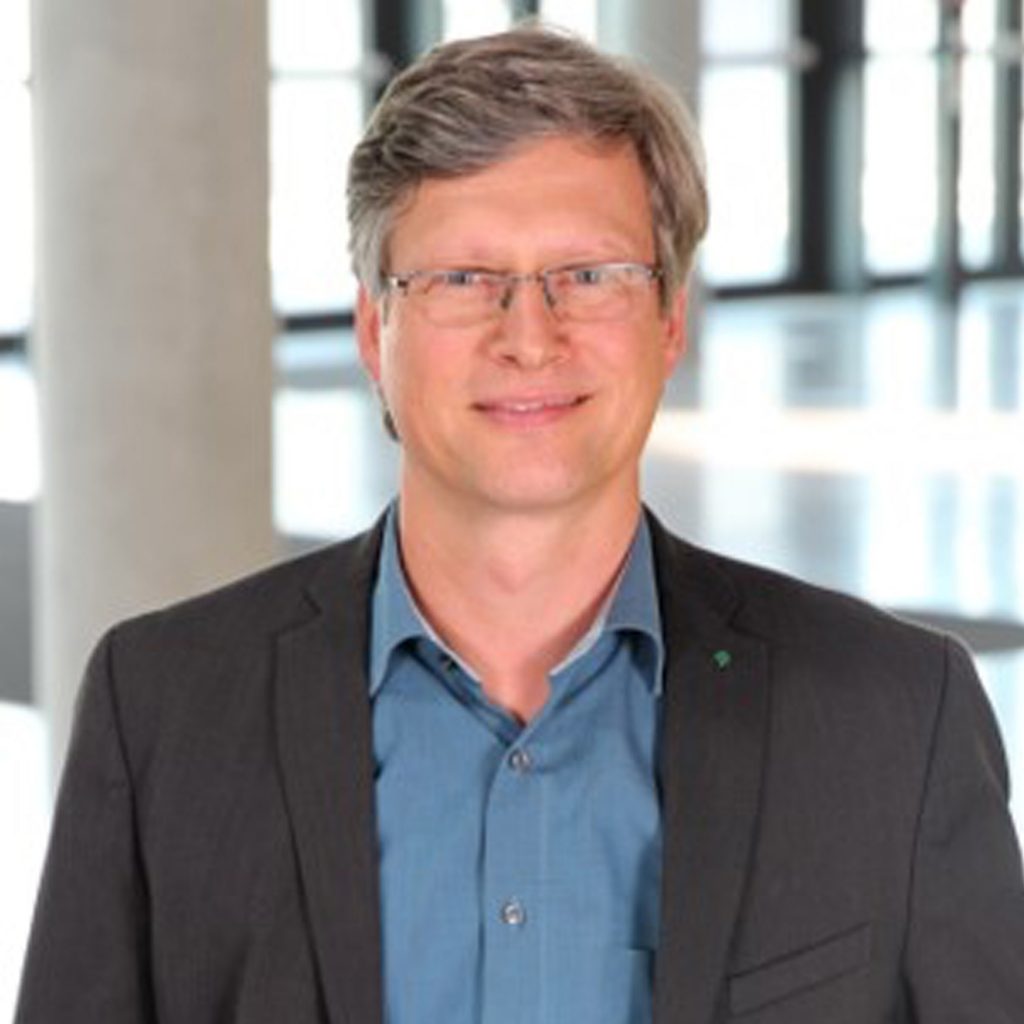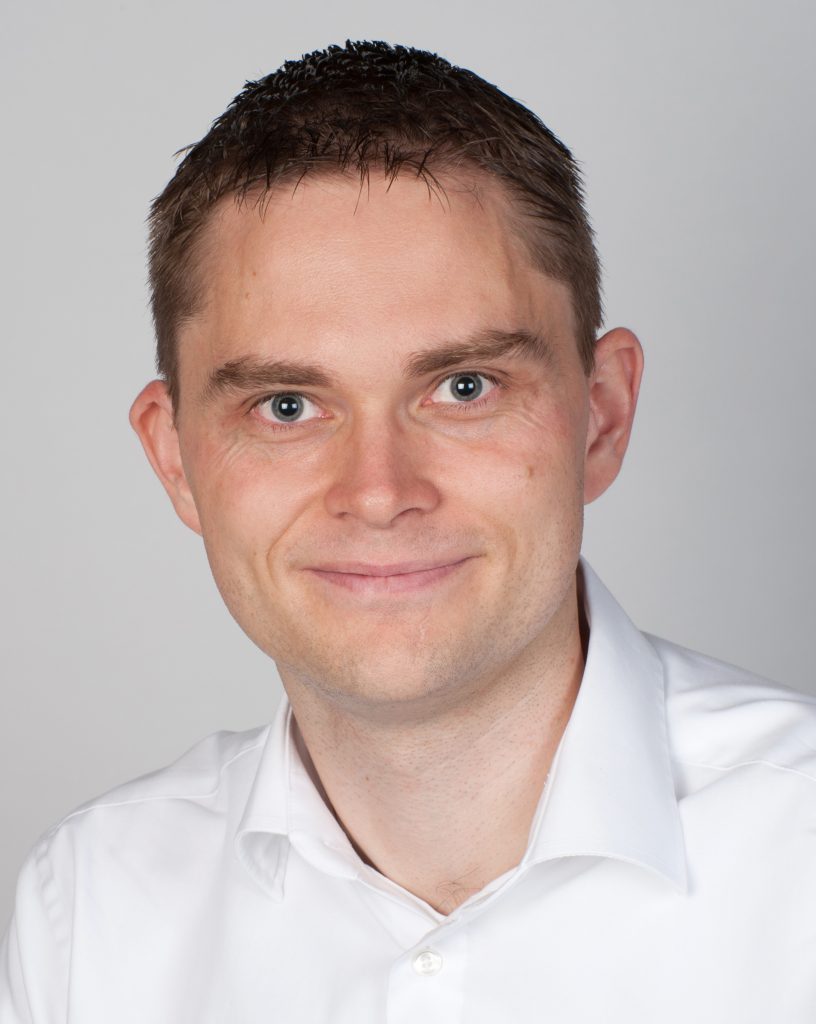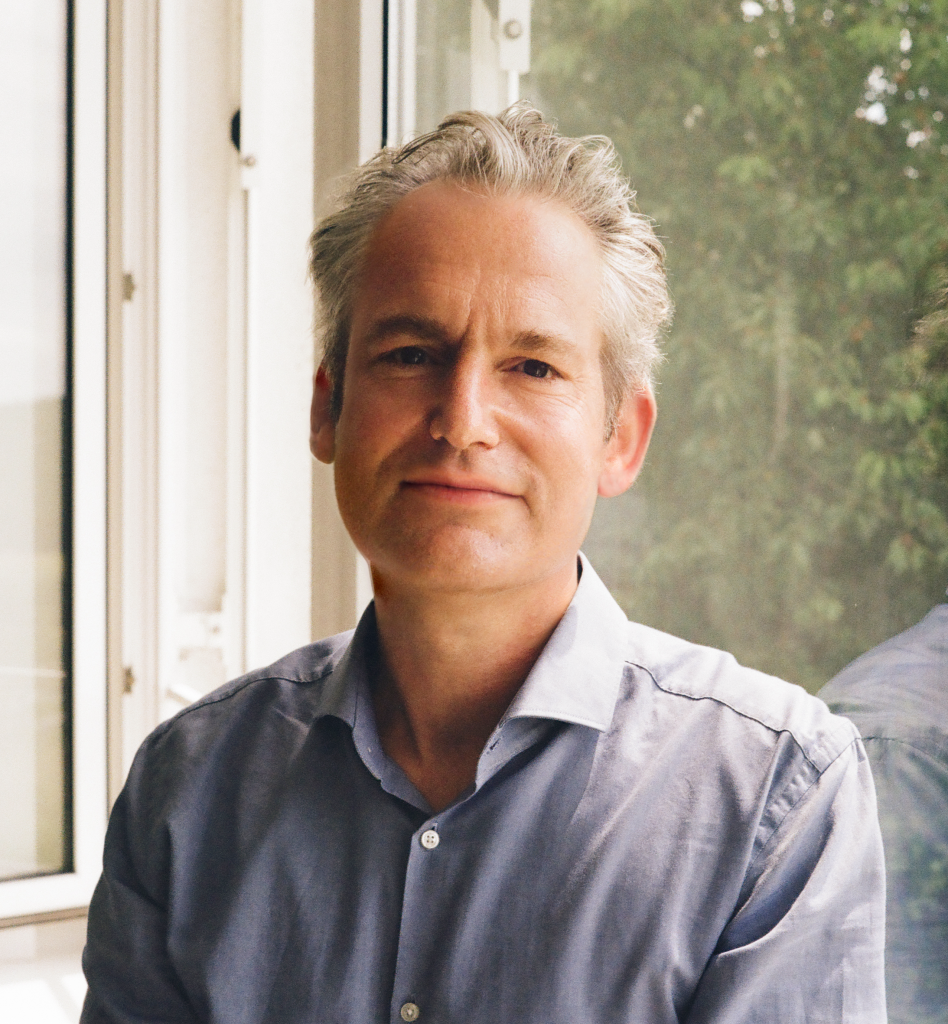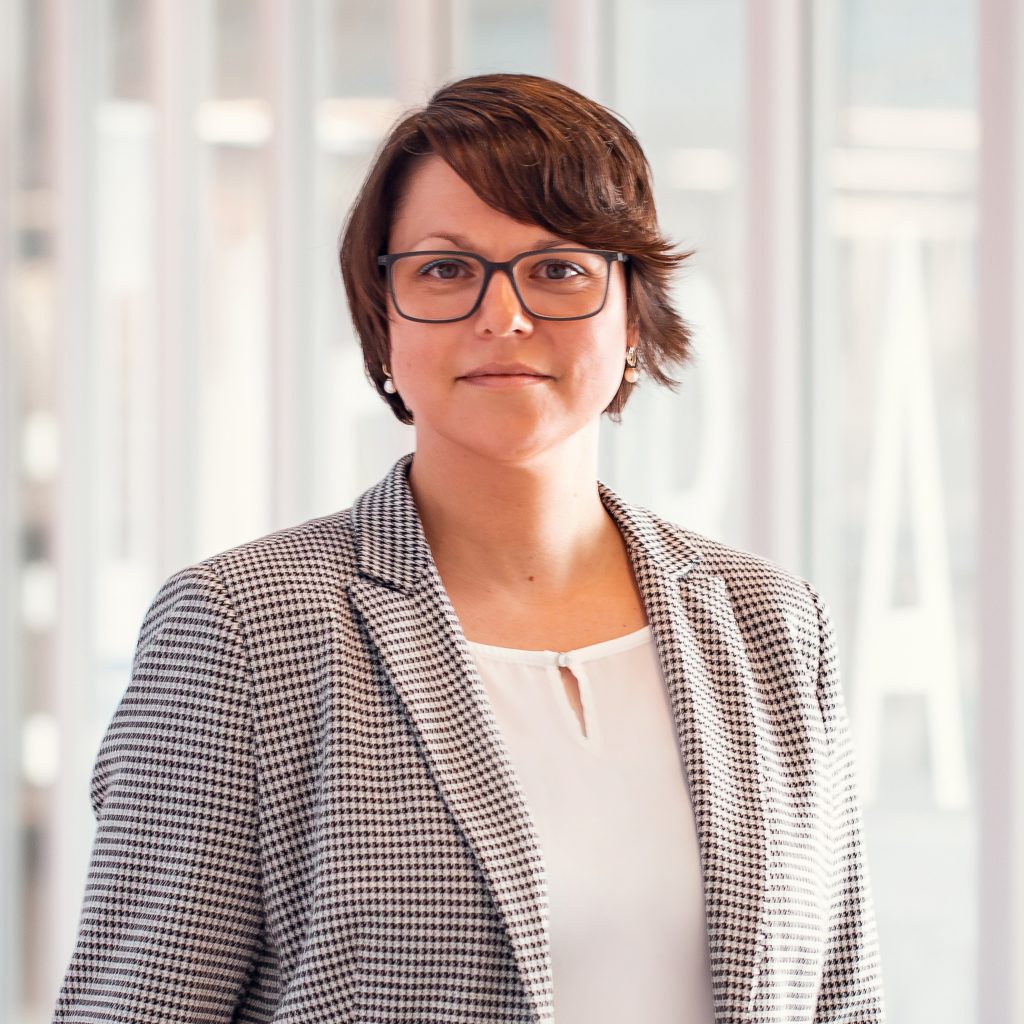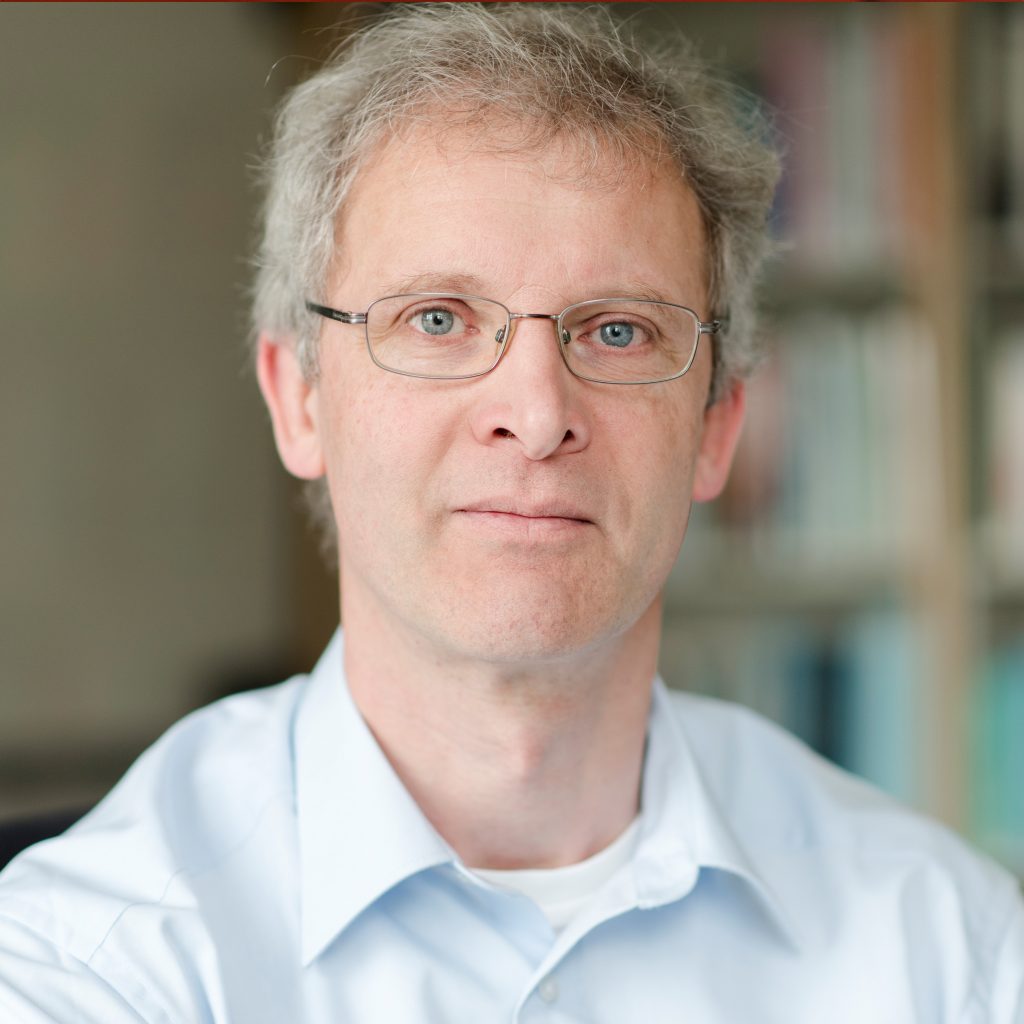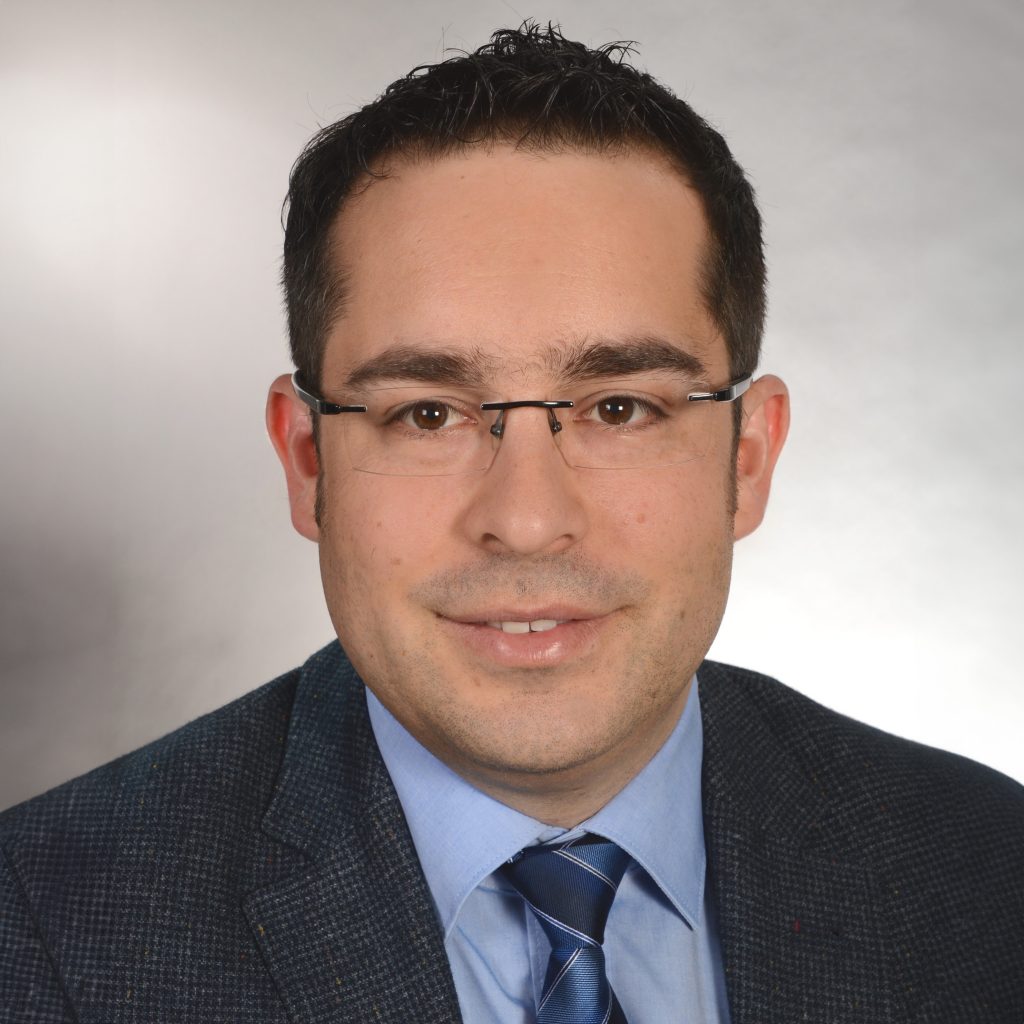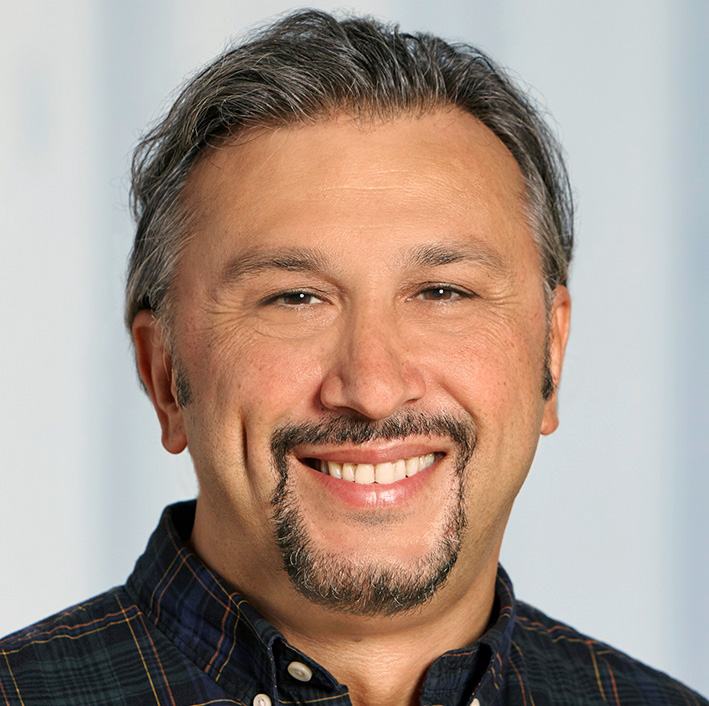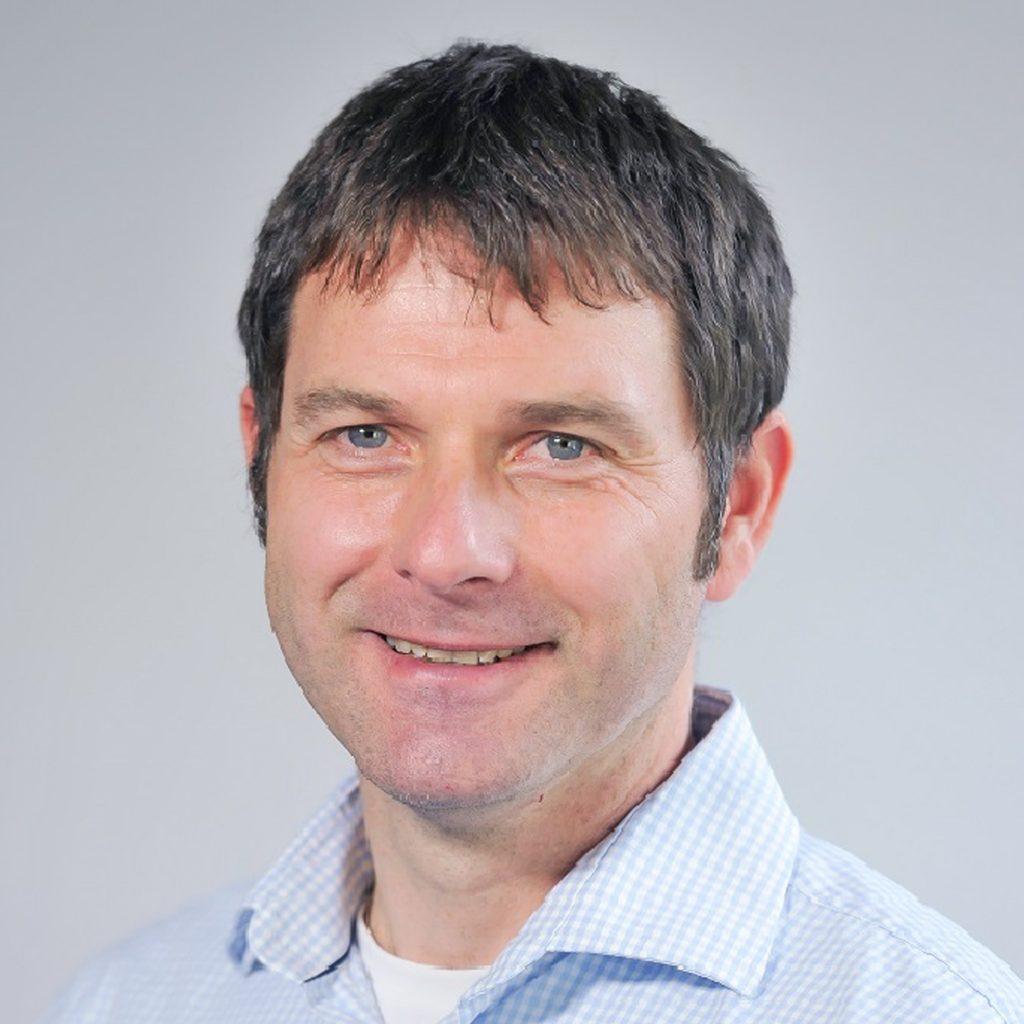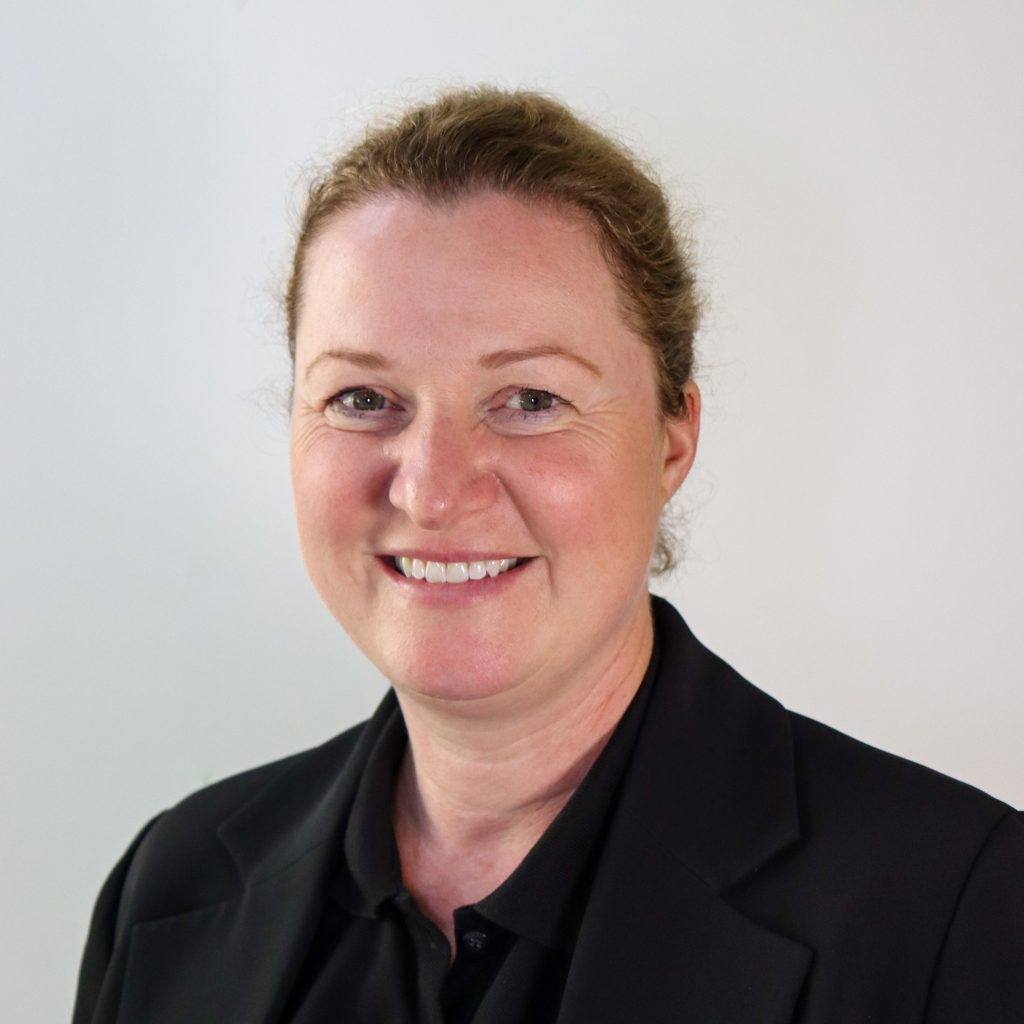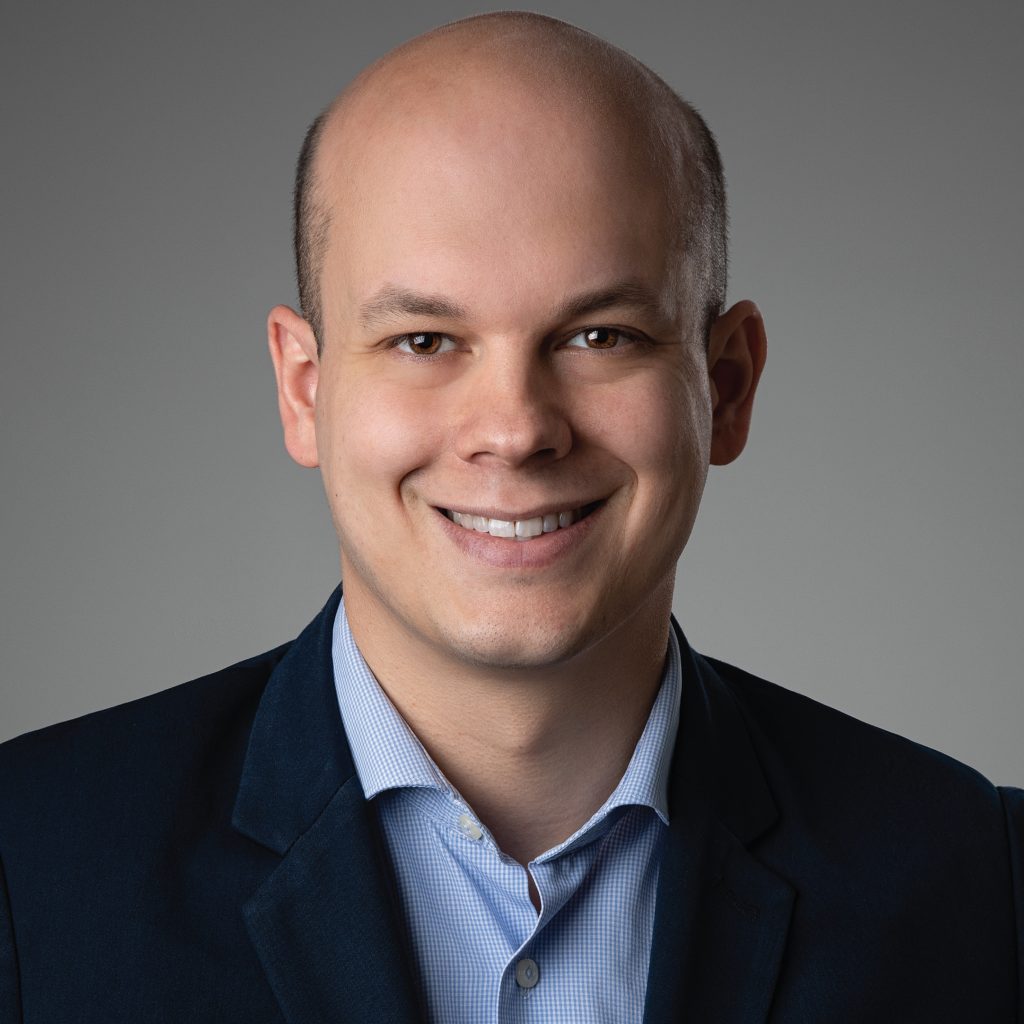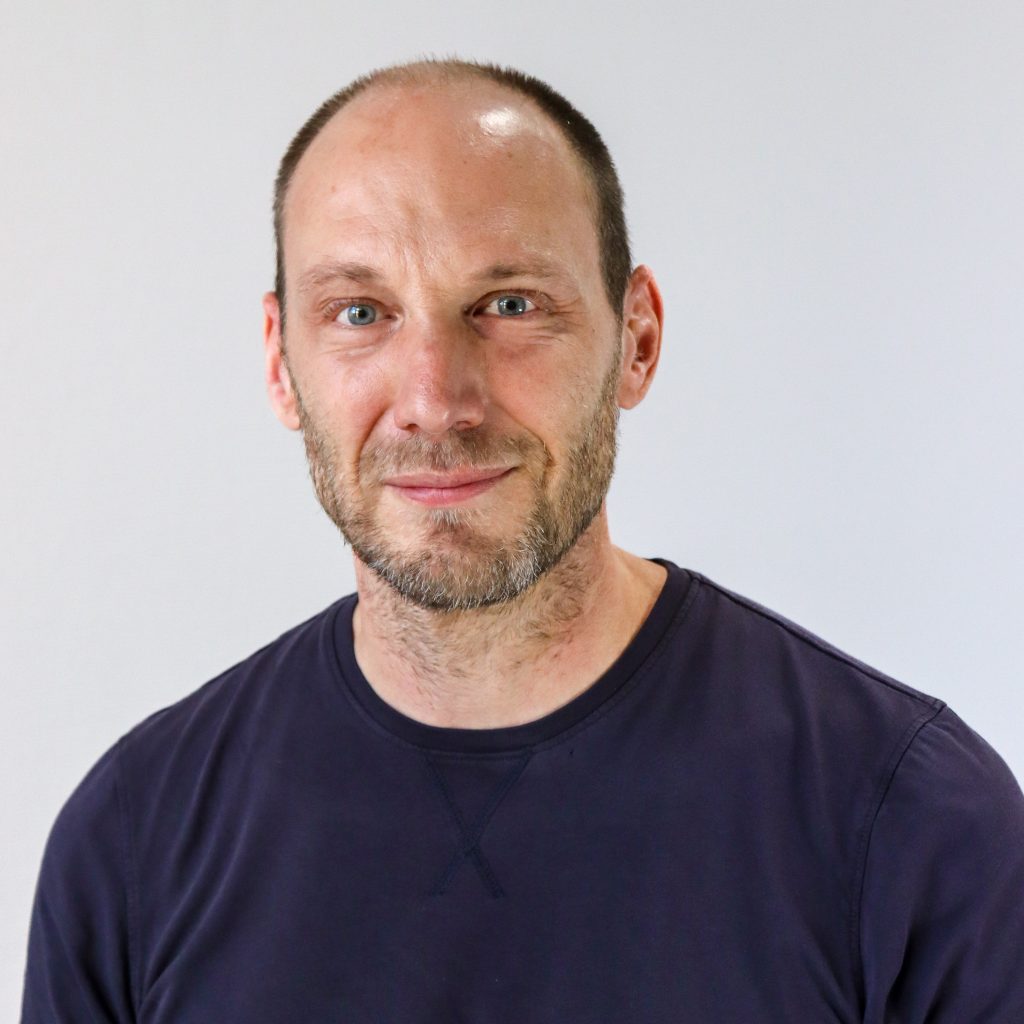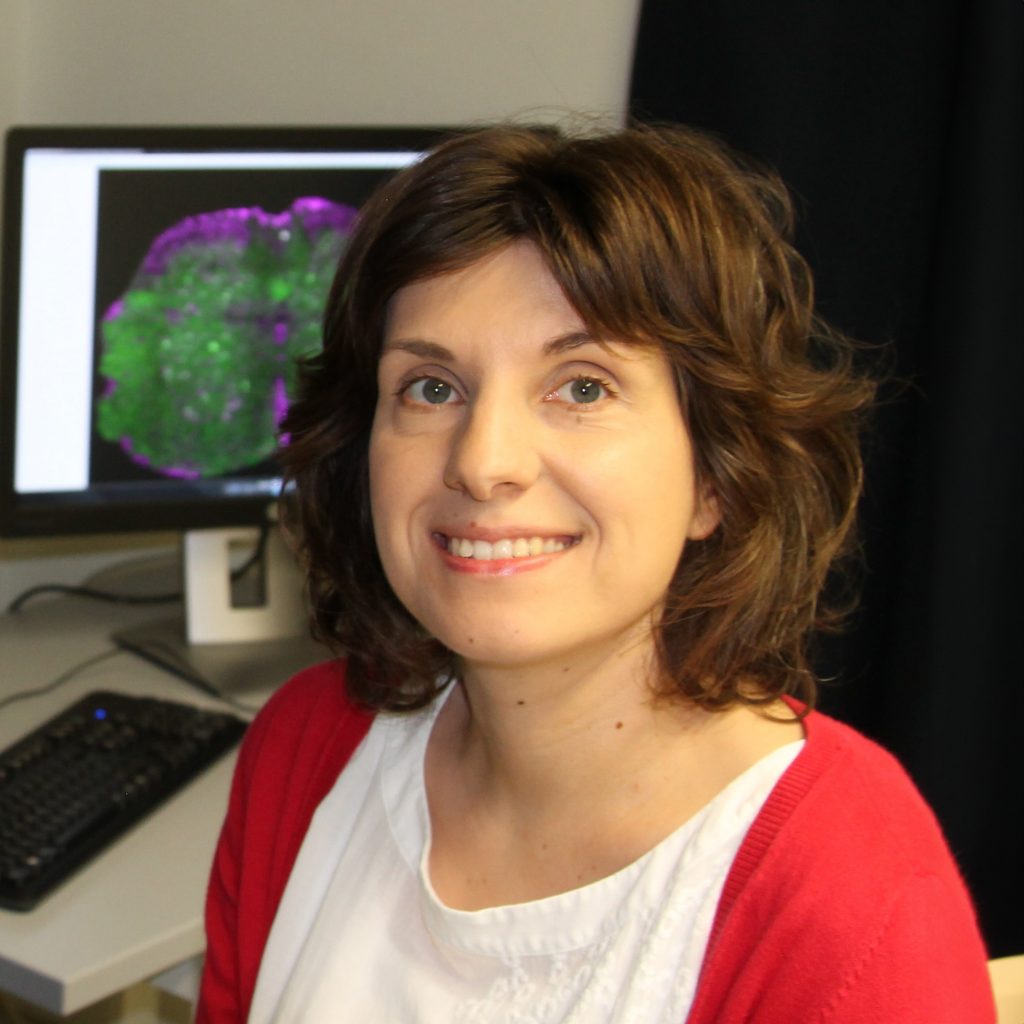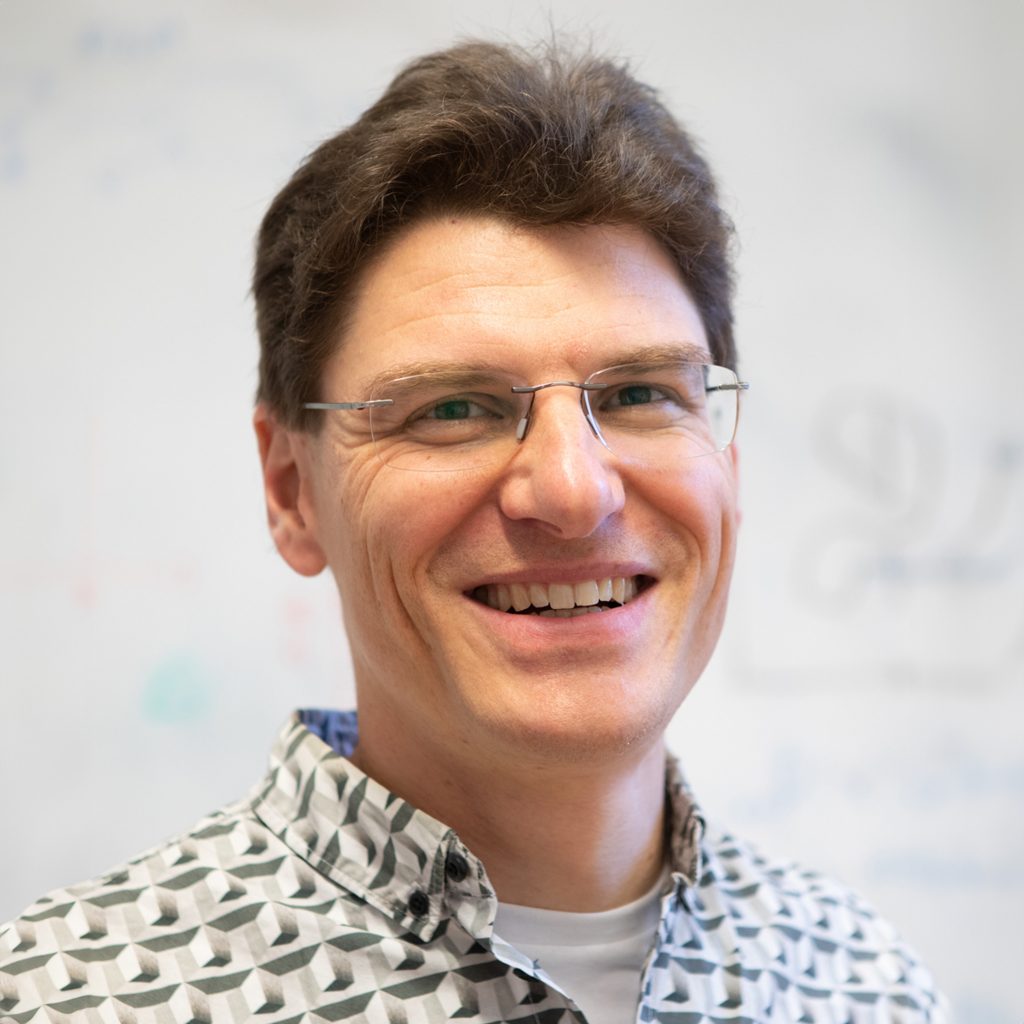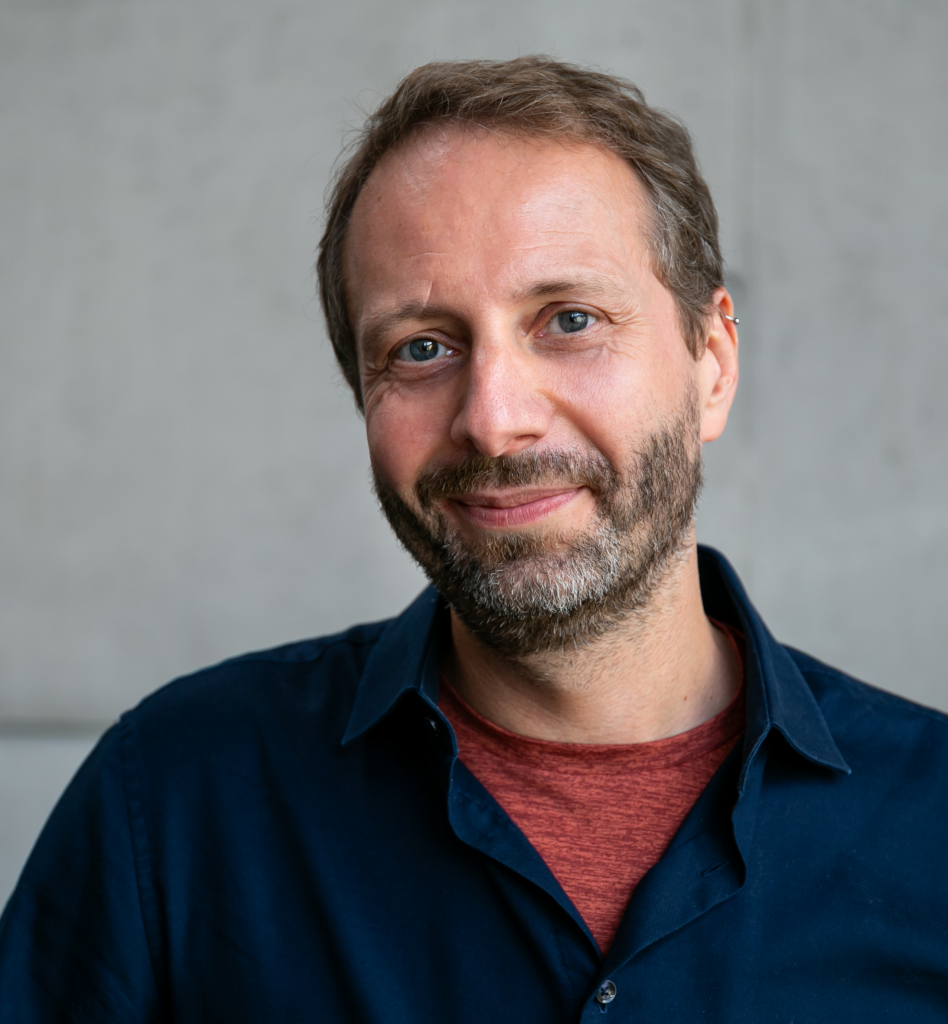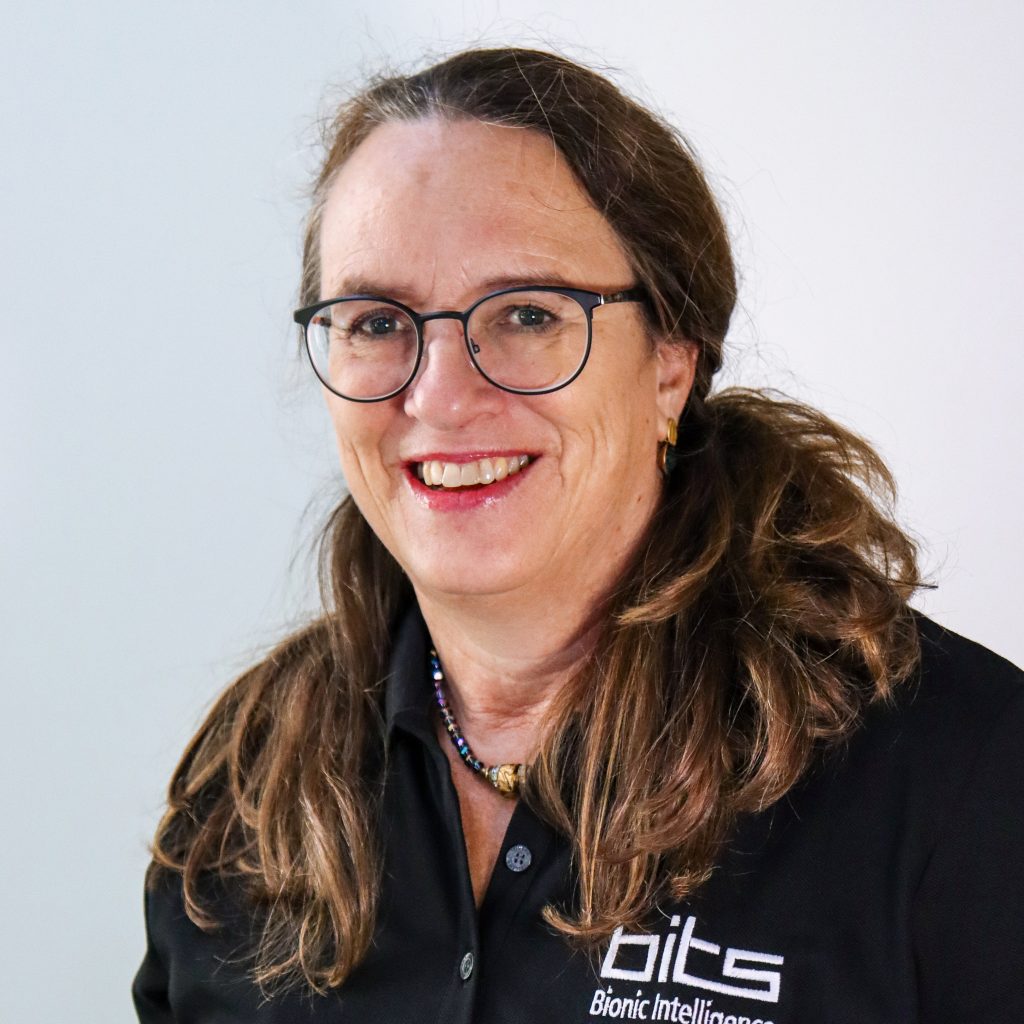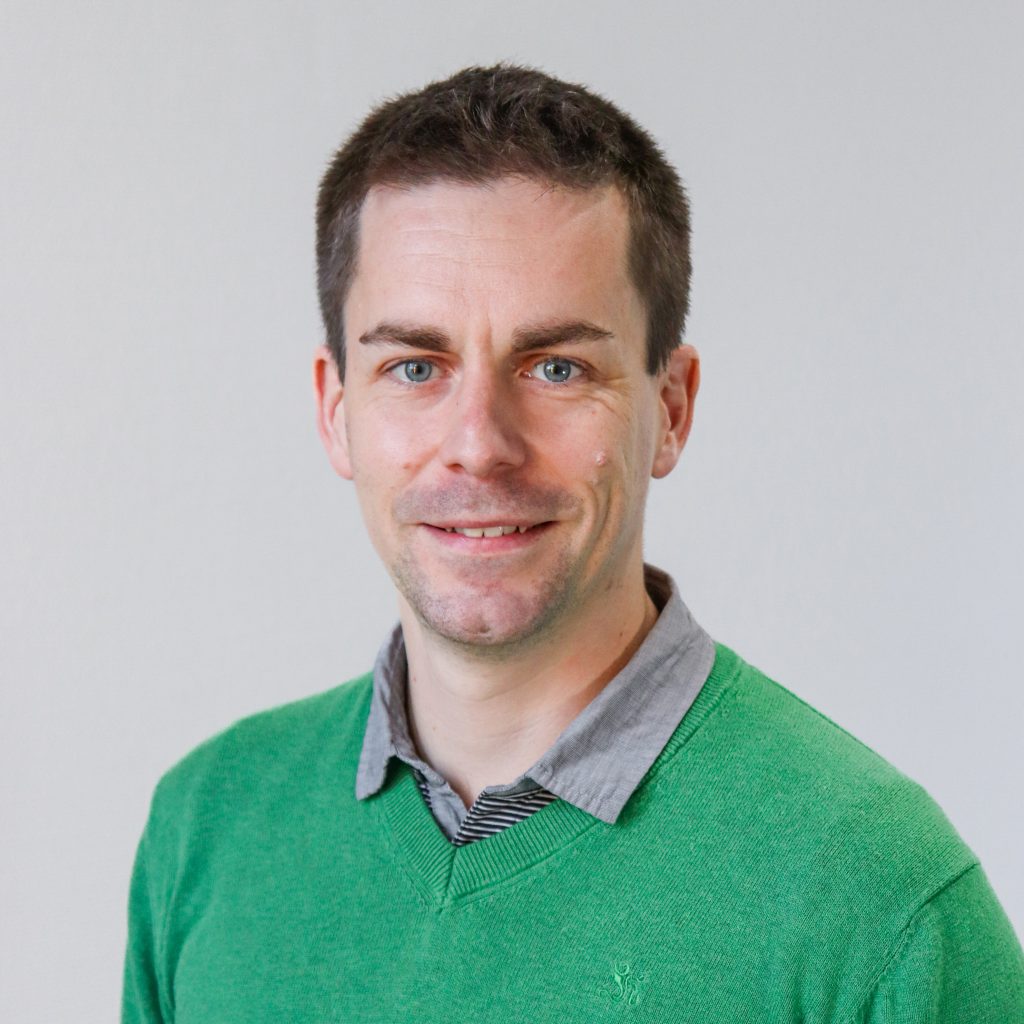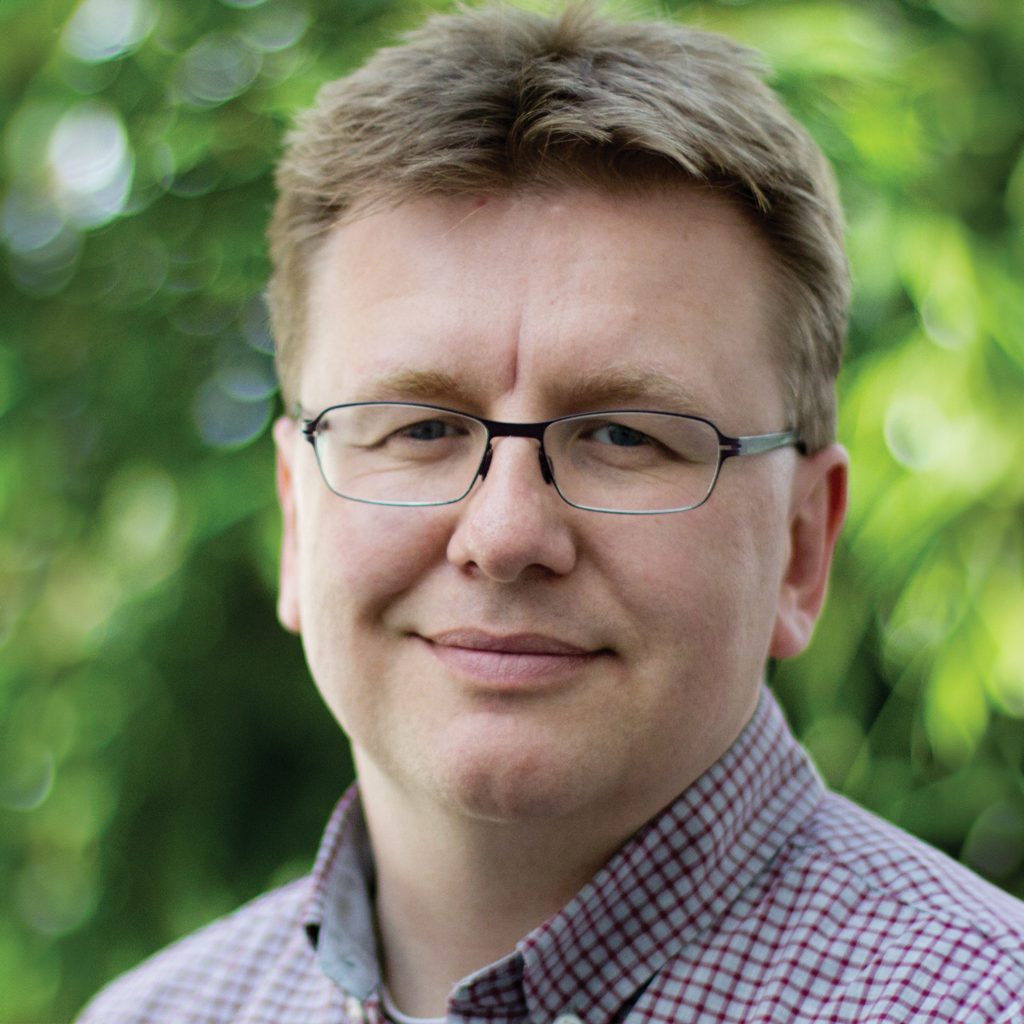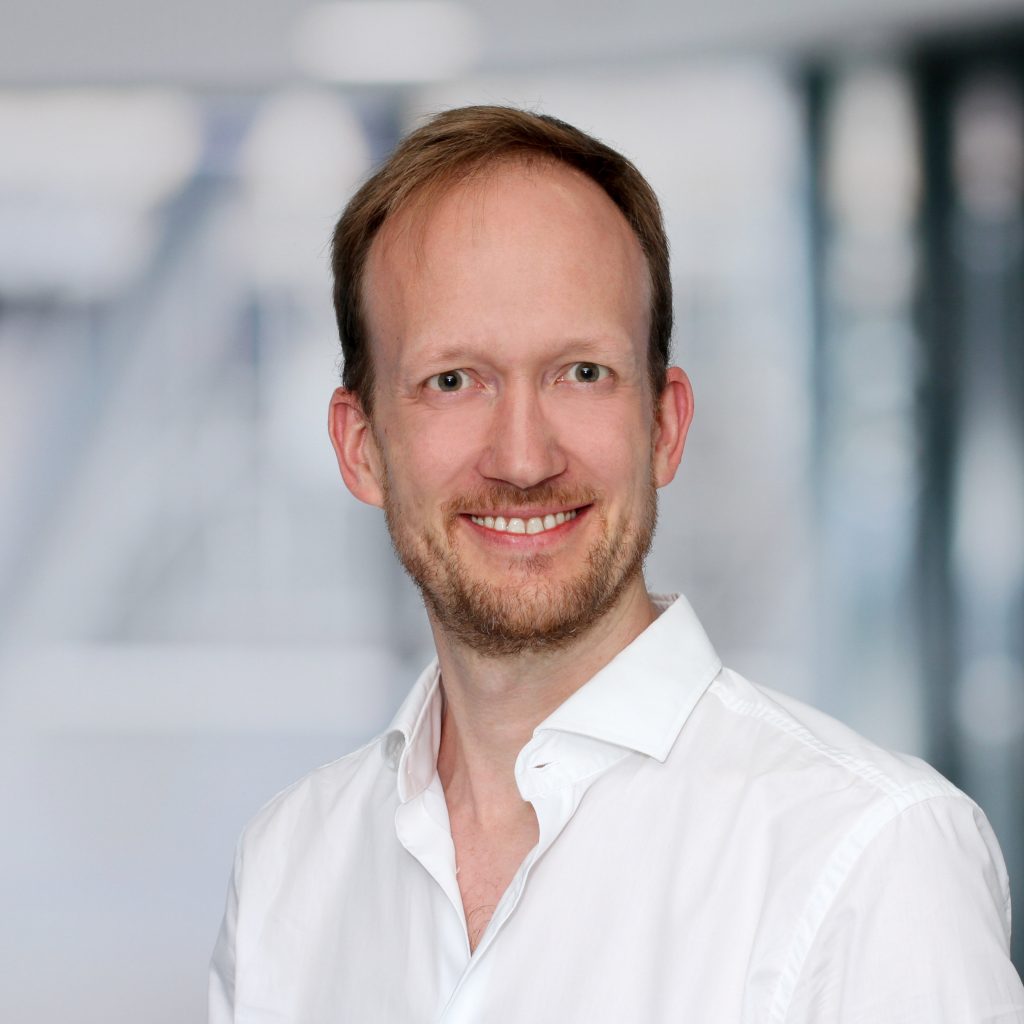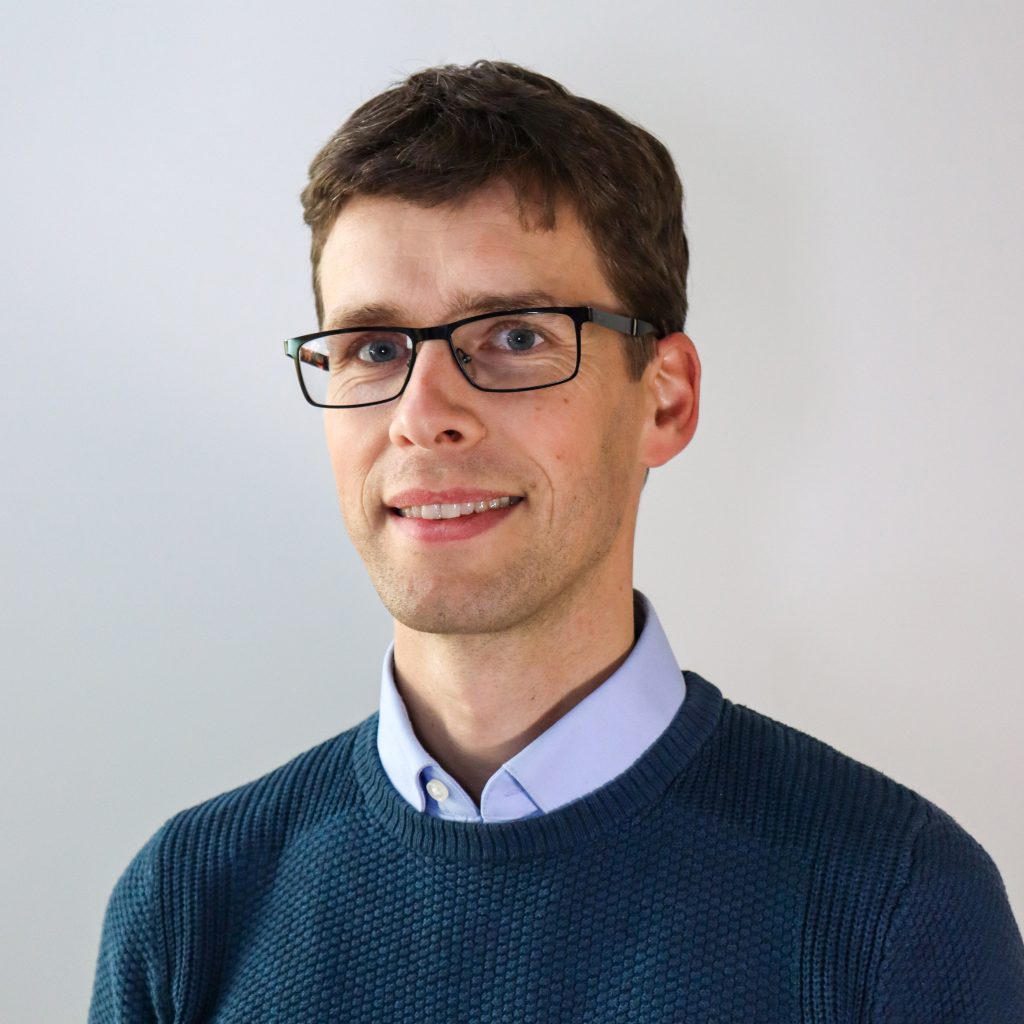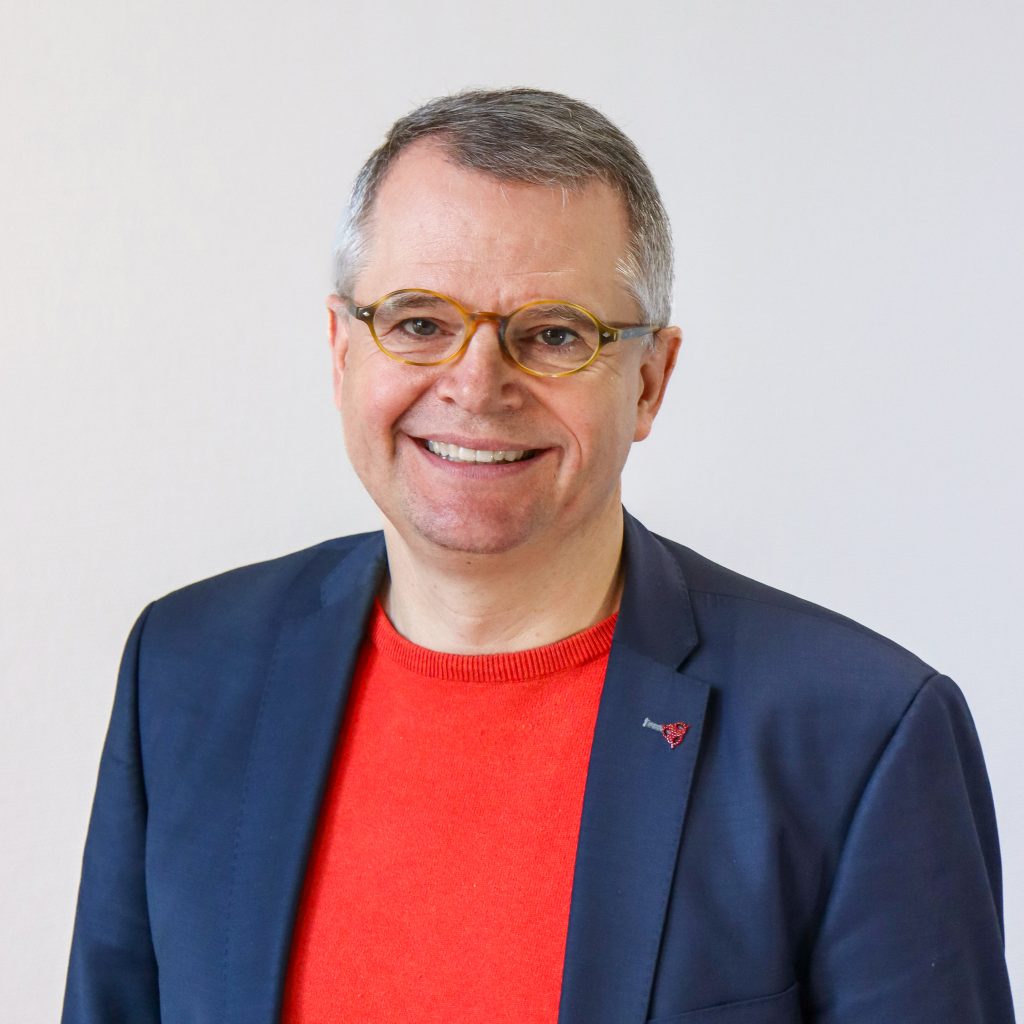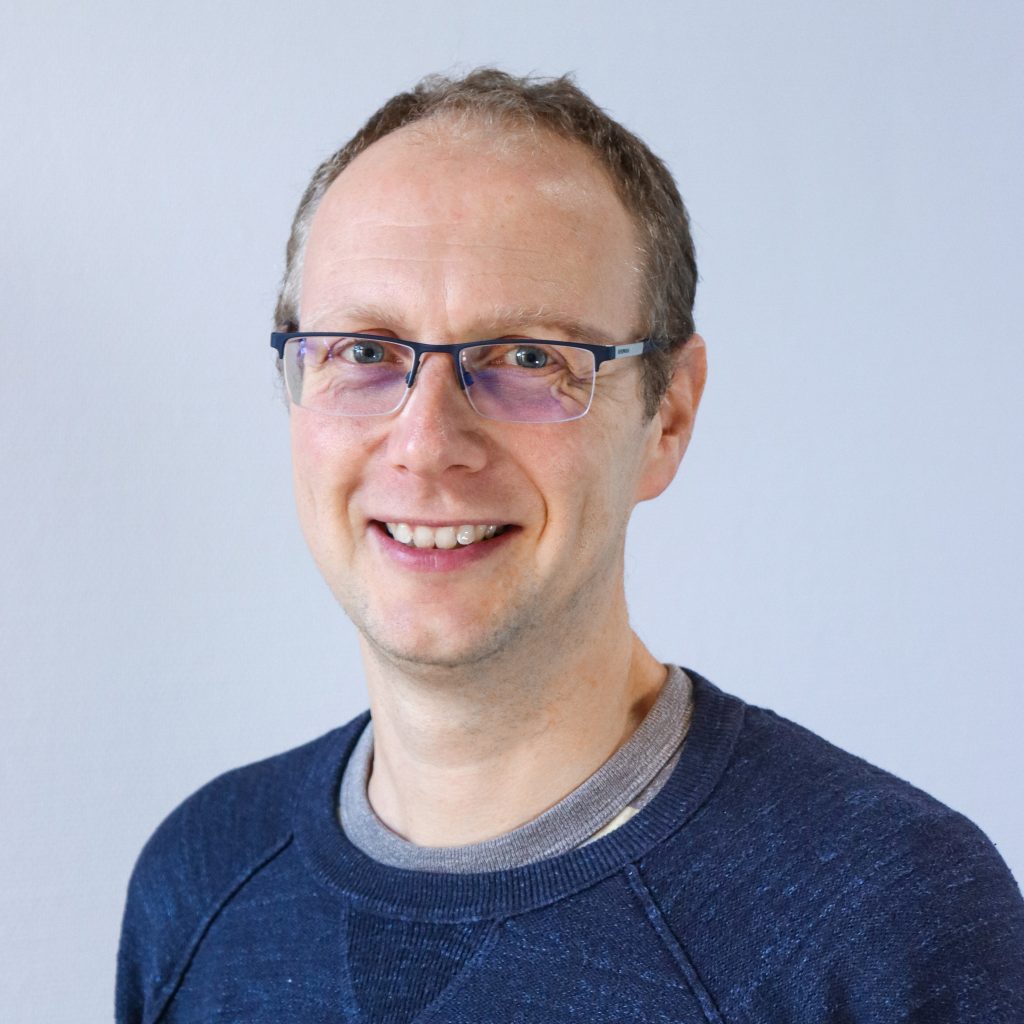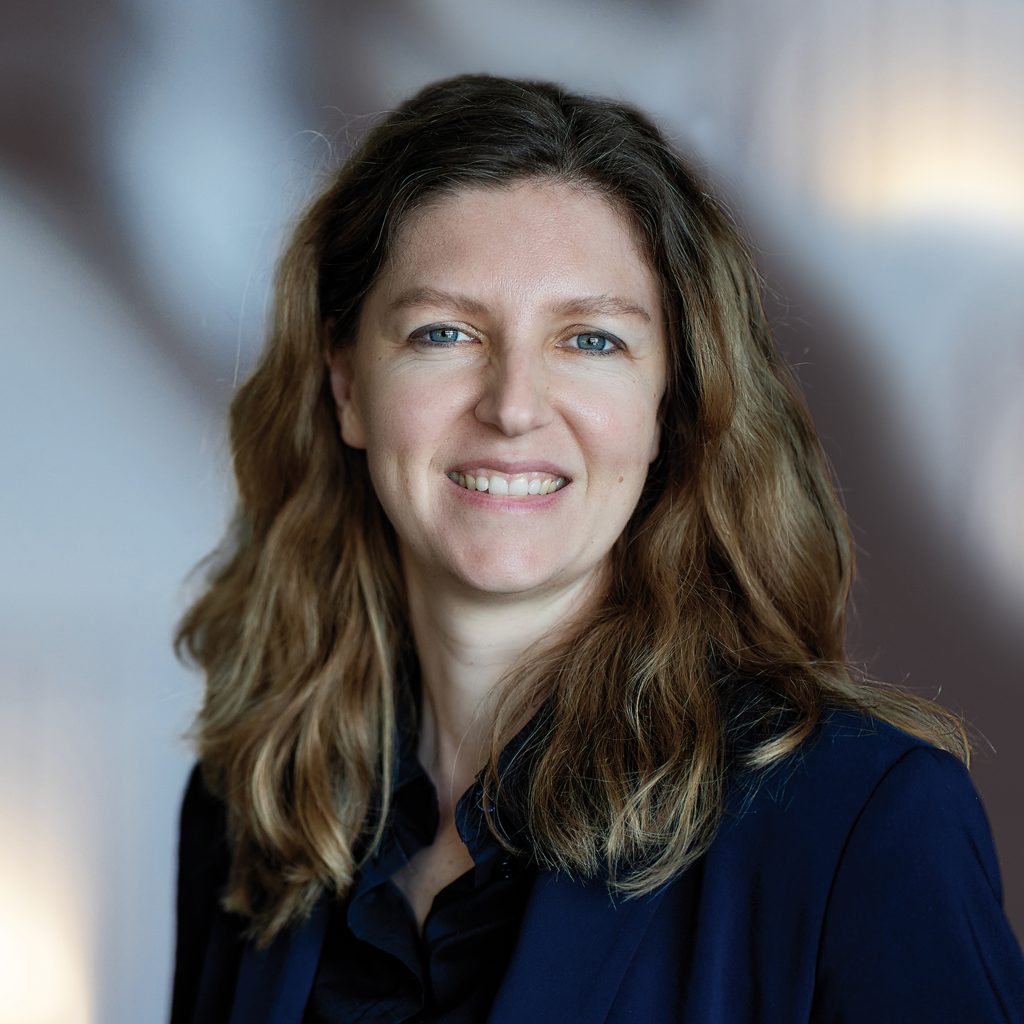Bionic Intelligence
Tübingen Stuttgart
A collaboration of the University of Stuttgart, University of Tübingen, Max Planck Institute for Intelligent Systems, and Max Planck Institute for Biological Cybernetics, part of Cyber Valley.
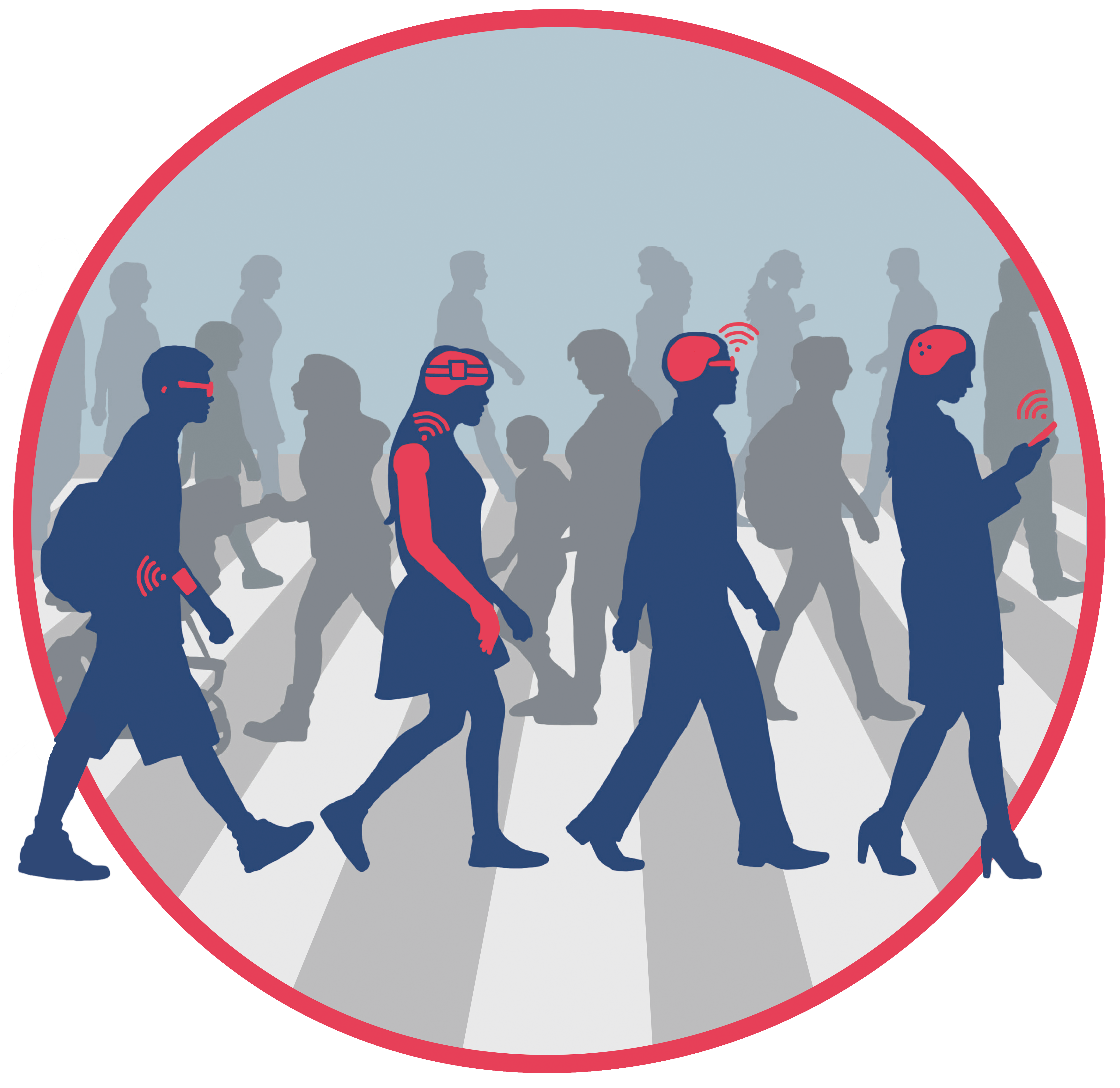
About Us
The Center for Bionic Intelligence Tübingen Stuttgart (BITS) will
support to establish a radically new approach for the tight integration of intelligent technological systems with humans. At its culmination, we will be able to overcome technical limitations of current treatment and support systems for neural diseases, compensating for deficiencies and restoring intelligent bodily functions. This will markedly reduce the ever-increasing societal burden of psychiatric and neurological diseases.
Human embodied intelligence results from the smart interplay between neural information processing and physical properties of the body, both tightly integrated in a closed-loop fashion. Such an interplay must be extended to systems that integrate humans with technology.
The BITS Center uniquely combines the complementary excellence of the Universities of Stuttgart and Tübingen and the associated Max Planck Institutes for Intelligent Systems and Biological Cybernetics as ideal setting and fits perfectly in the regional academic-industrial ecosystem.
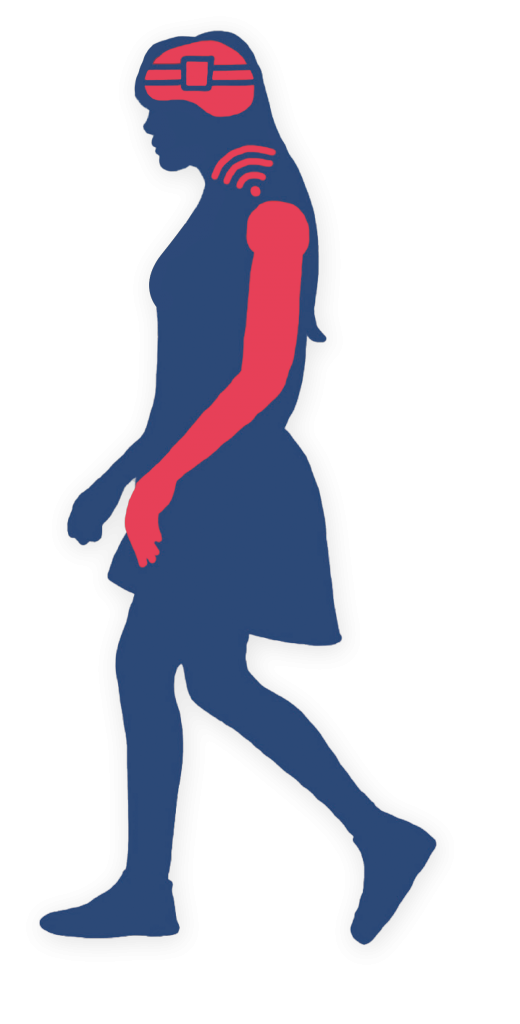
current news
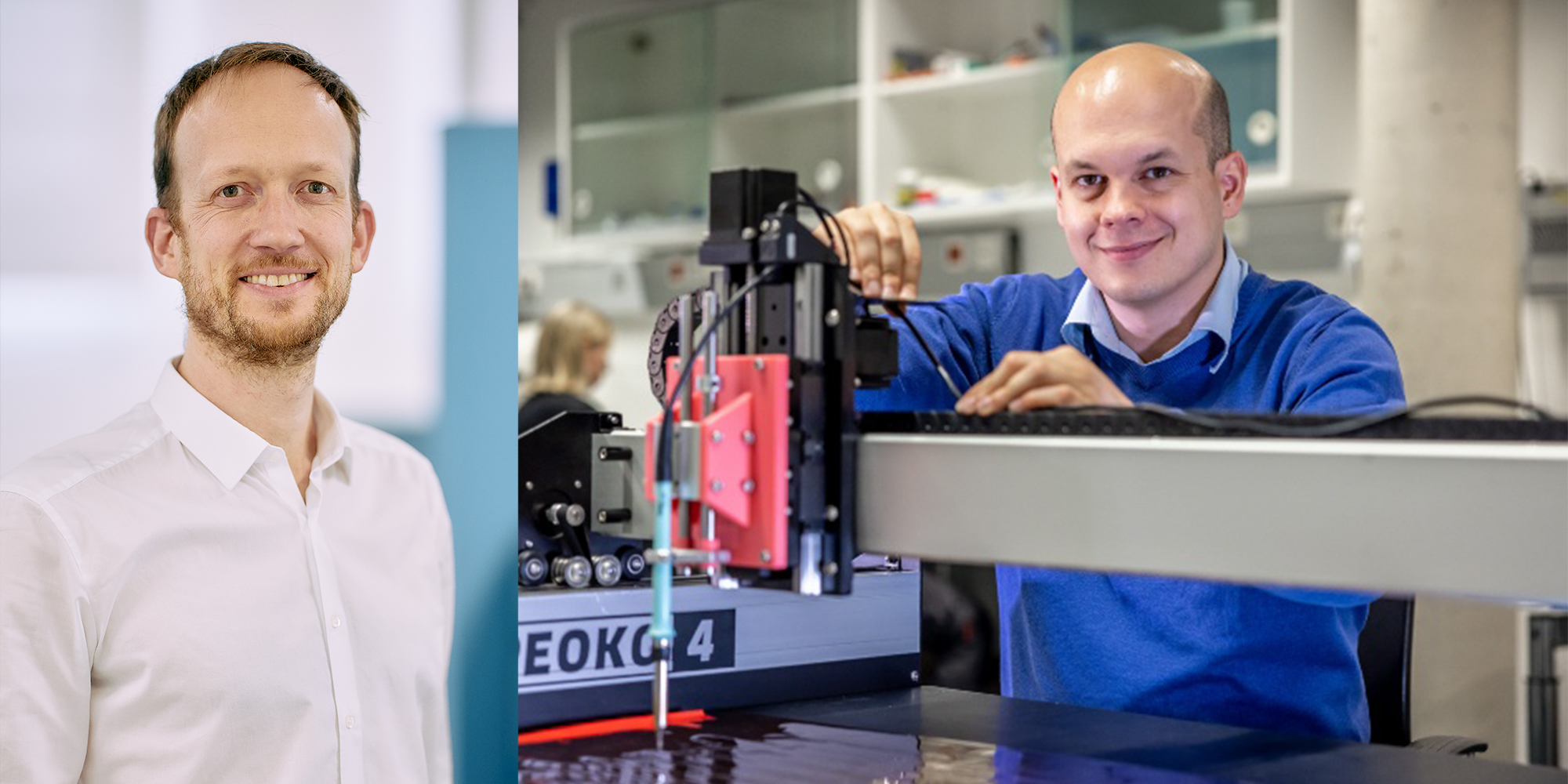
ERC Consolidator Grant has been awared to Philipp Rothemund in the field of soft robotics and to Tobias Hauser for his project on tackling obsessive-compulsive disorders with personalized treatment
Philipp Rothemund aims to improve the controllability of soft robots. Whether artificial hands with an especially gentle touch or an endoscope that crawls through the intestines like a worm, robots made of soft materials could soon carry out tasks that are difficult for metal-based systems. Dr. Philipp Rothemund, assistant professor at the University of Stuttgart, seeks to simplify how soft robots are controlled.
In his new project CoNbI-OCD (Computational Neuroscience-based Interventions for OCD) Tobias Hauser, of Computational Psychiatry at the Faculty of Medicine and fellow of the German Center for Mental Health (DZPG) in Tübingen, tackles obsessive-compulsive disorder, aiming to fundamentally rethink the treatment.
The European Research Council (ERC) is funding both projects with one of its prestigious Consolidator Grants worth up to €2 million.
Stuttgart, December 9, 2025
[Picture: University of Stuttgart / Uli Regenscheit]
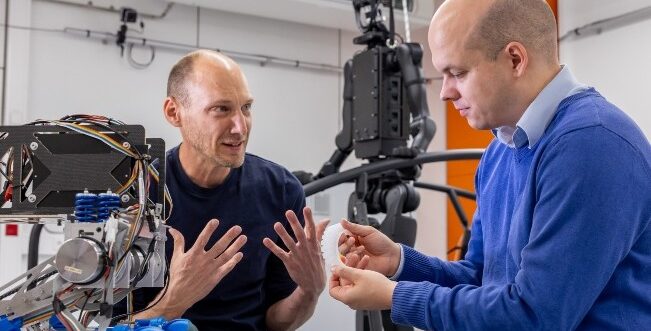
Next Generation Robots
Agile, lightweight, efficient, intelligent: Researchers are developing next-generation robots
New Institute for Adaptive Mechanical Systems (IAMS) focuses on new walking robots and soft robotics
Stuttgart, November 13, 2025
[Pictures University of Stuttgart / Uli Regenscheit]






